32 reasons why cats are better than people – and why we should take a leaf out of their book
From their zen-like mindsets to their irresistible charm and beauty, here are the main reasons why cats are better than people.
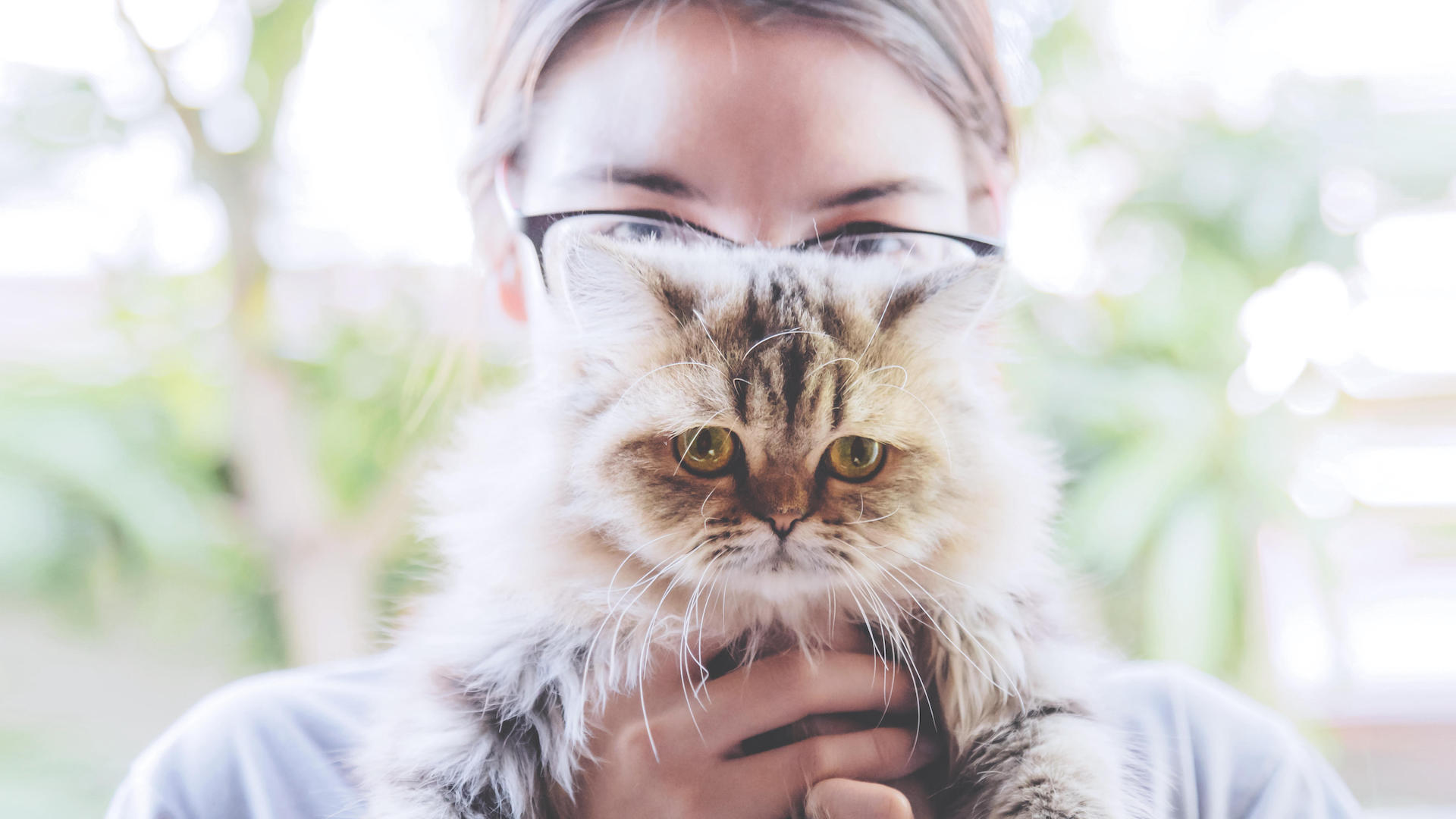
We've come up with 32 reasons why cats are better than people, honestly, we could come up with more but thought we'd cap it there.
Cats are often thought of as independent, mysterious creatures, but there's a lot more to them than meets the eye. From their impeccable sense of relaxation to their unshakable confidence, our feline friends have mastered the art of living well, and they don’t need to explain themselves to anyone.
Whether it’s their natural ability to stay calm in chaos or their nonchalant approach to socializing, cats offer a blueprint for living life with style, simplicity, and a bit of sass.
While there are many reasons why cats are better pets than dogs, for now, let's check out why cats are superior.
Reasons why cats are better than people
1. Independence
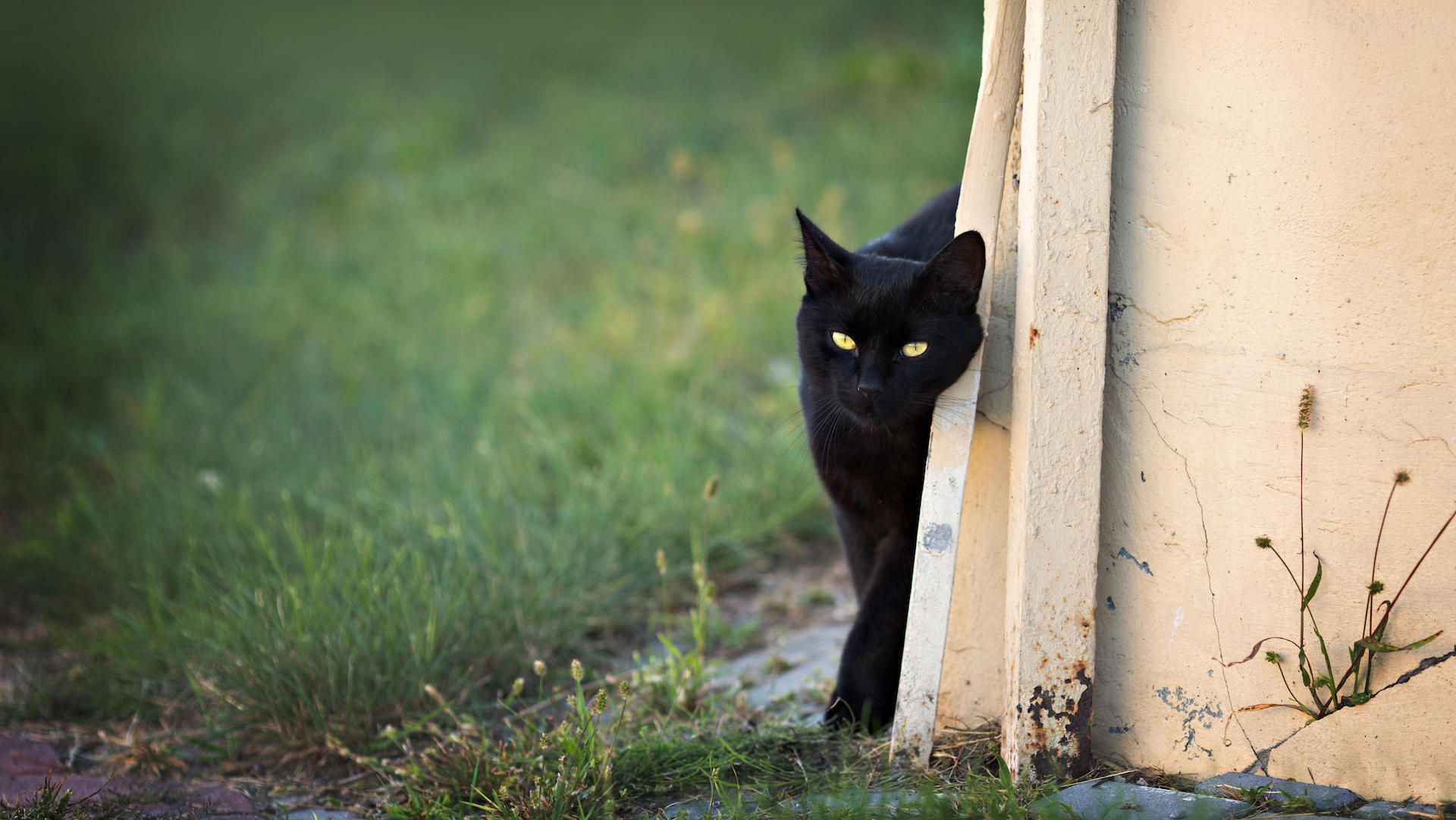
Cats don’t need constant attention. They can amuse themselves, take long naps, and generally prefer to do things on their own terms. We love the way they don’t rely on others for their security.
Naturally, they very much enjoy being fed and tended, but if some catastrophe should befall their owners and they were left to fend for themselves, they could – and with style.
2. Low maintenance
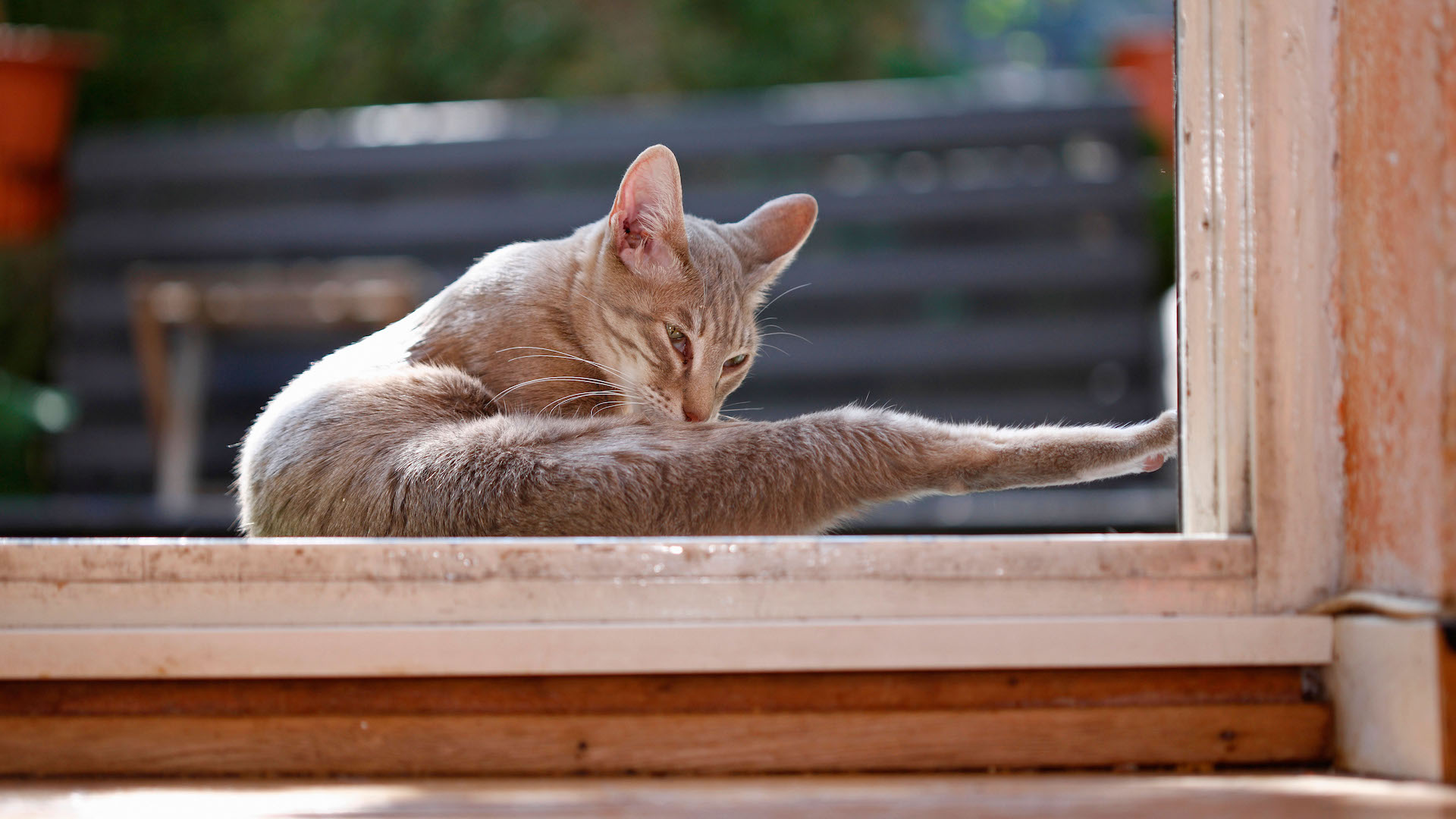
Cats, with their supercilious air, may give the impression they’d be high-maintenance but in fact they can look after themselves perfectly well – although we accept there are some higher-maintenance cat breeds. In general, however, they are self-cleaning, don’t require regular showers, can entertain themselves and don’t need to be taken out for daily exercise. Compare this to kids, and you’ll see why cats are superior in this regard.
PetsRadar Newsletter
Get the best advice, tips and top tech for your beloved Pets
3. No small talk
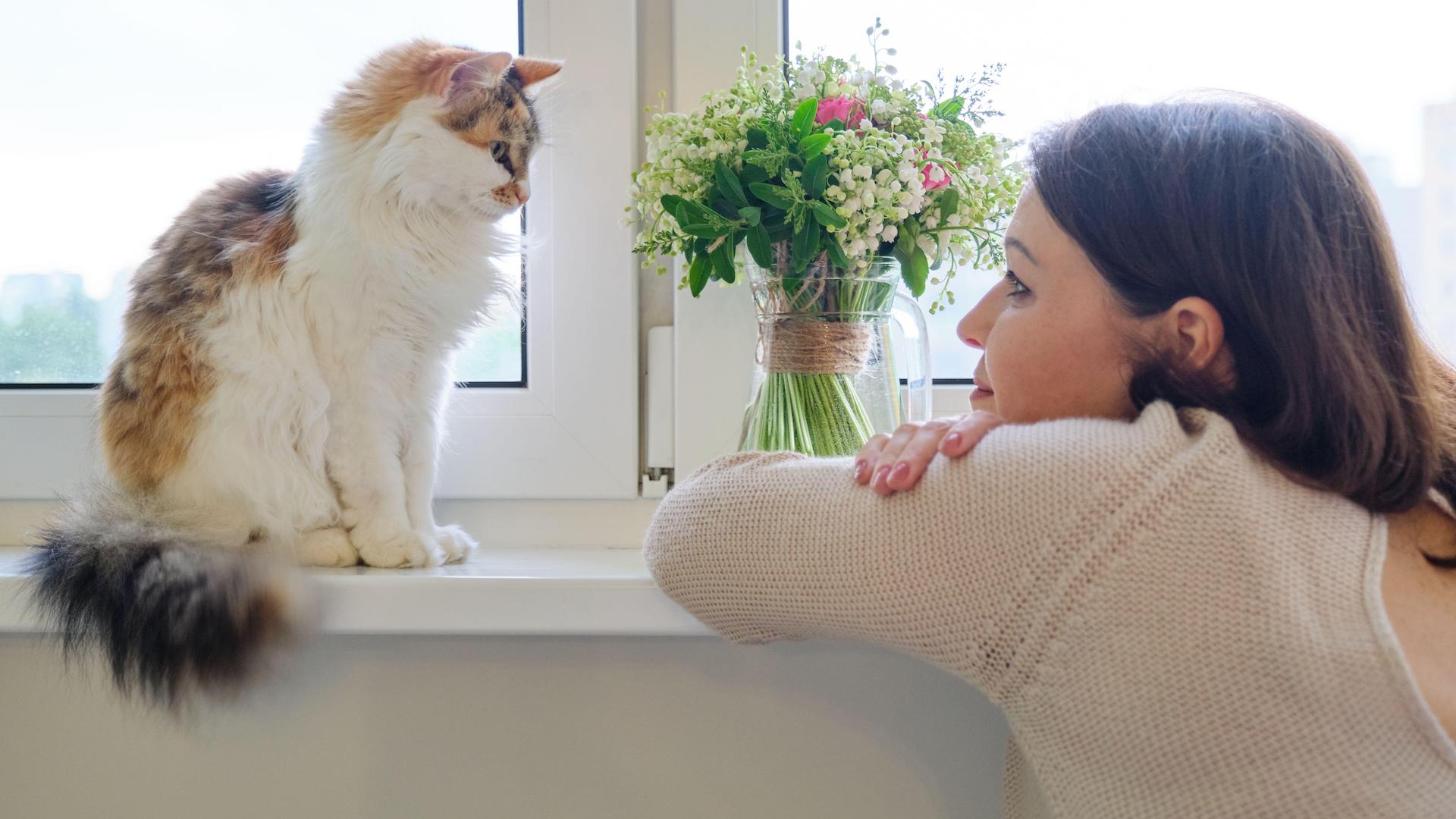
Small talk for humans acts as a social lubricant while we suss each other out and establish those awkward initial connections. Some of us find such idle chit-chat extremely hard and unnecessary, perhaps even false. No need for any of that with a cat – you know exactly where you stand without having to discuss the weather.
That is, of course, unless you have one of the noisiest cat breeds as they have a lot to say.
4. No grudge
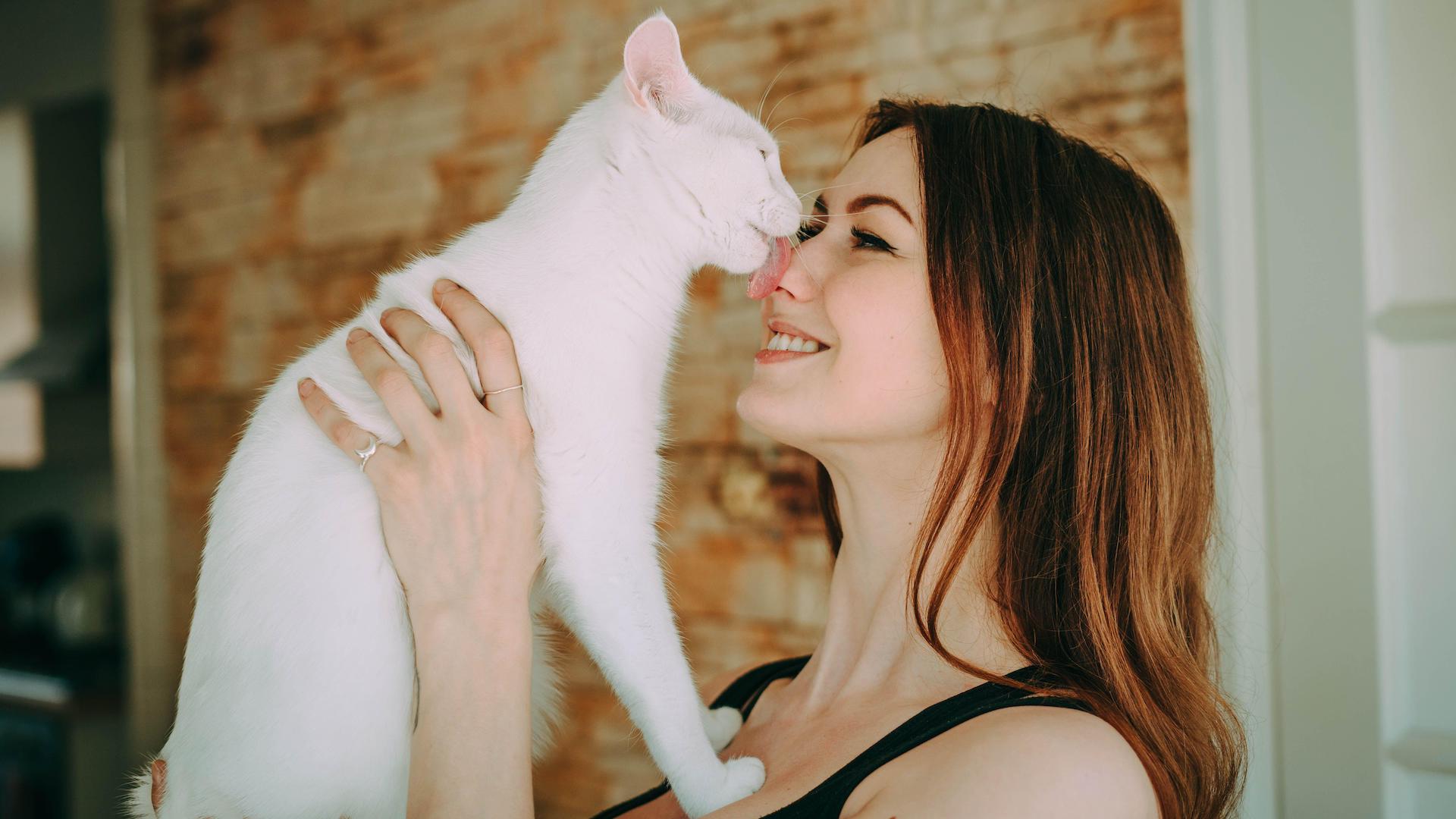
If it’s your job in the household to provide meals, imagine what a fuss would break out if you forgot! Now, a cat might be peeved, and most likely hungry, but any animosity would quickly dissipate with a bowlful of grub. The humans, on the other hand, will remind you about the day you forgot dinner for the rest of your days.
5. No gossip
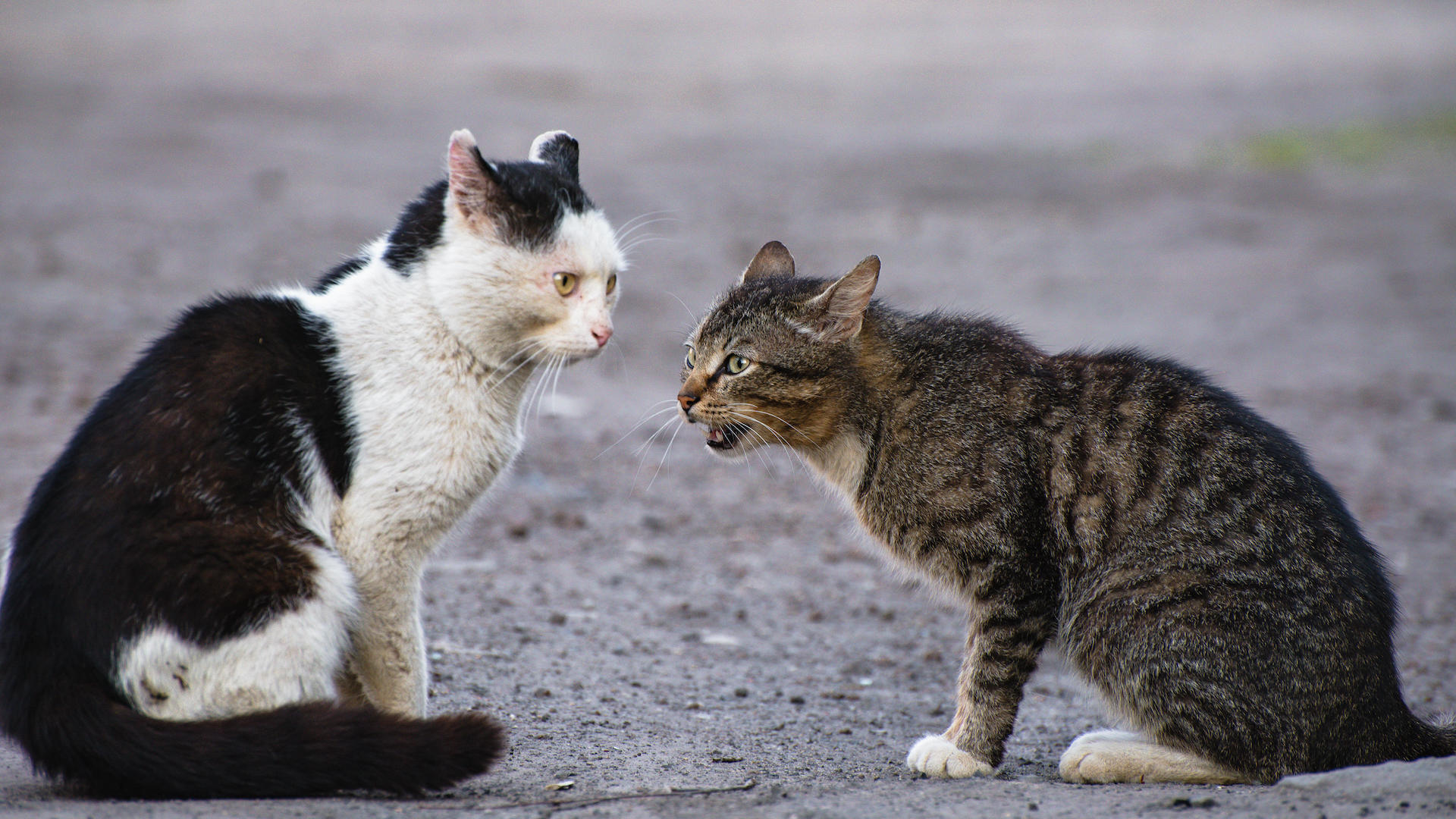
Humans gossip as a form of social bonding, sharing information, giving a sense of inclusion but also power. Alas, it tends to turn negative fast, tarnishing reputations, speaking behind people’s backs, and spreading unfounded rumors. Thank goodness cats don’t indulge in this toxic behavior.
Their communication – via their feline body language, scent markings, tactile contact, and some vocalization – tends to be on a need-to-know basis, which is an excellent framework for our chit-chat, too.
6. Super hunters
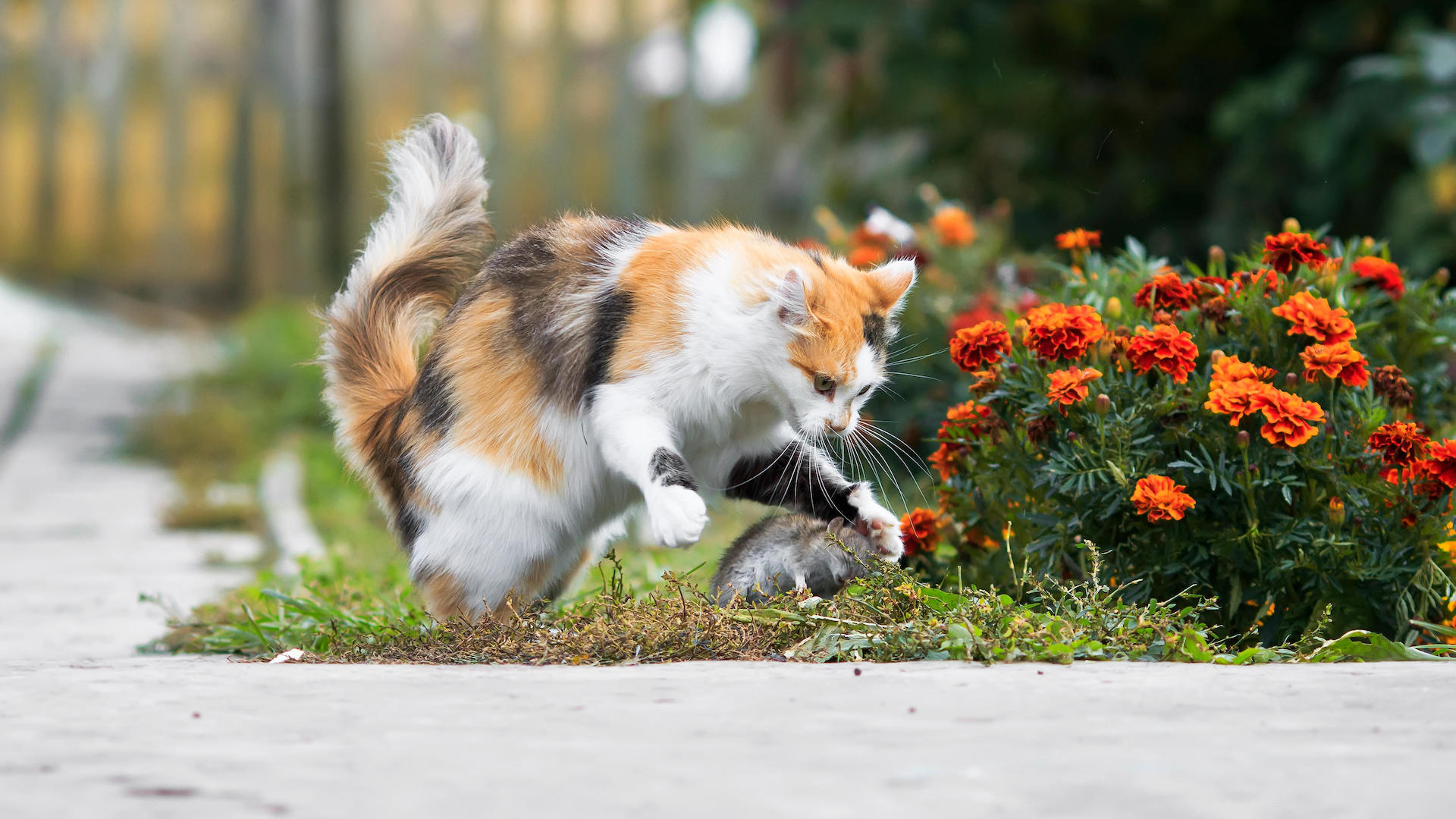
There is no better rodent-hunter than a cat – a human doesn’t come close, with their clumsy mouse traps and rat poisons. Cats are deft, agile, and quick, with their natural instinct to stalk and pounce. They’re hardwired to kill their prey instantly, rather than maiming them – any other method of pest control is vastly inferior.
7. Purr therapy
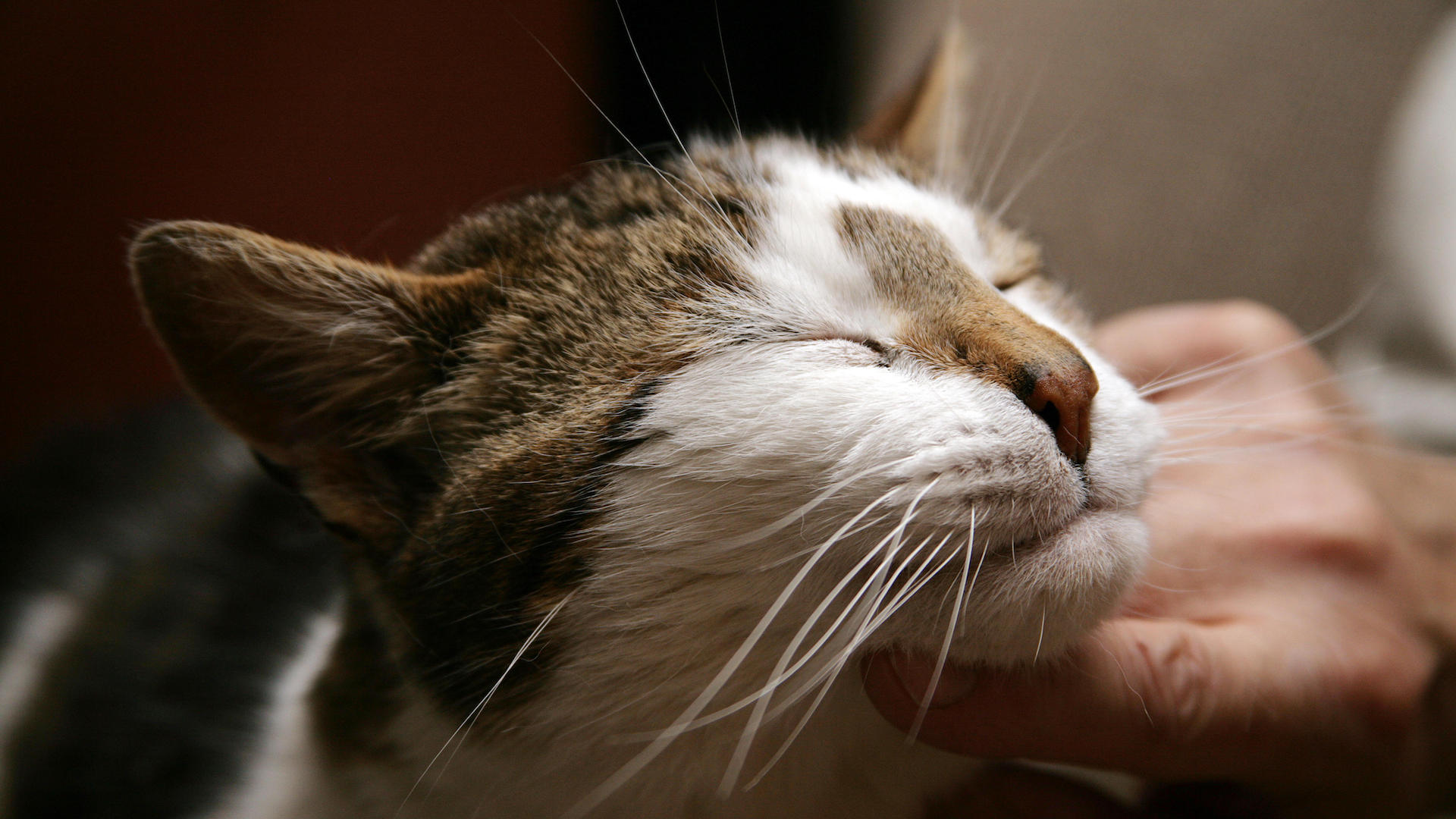
A cat’s purr is at a particular low-frequency vibration that brings us humans physical and emotional benefits. It is believed to have healing powers, helping treat stress, cardiovascular disease, and high blood pressure, as well as forms of inflammation. It is just one of the sweetest ways cats show affection. Now, what kind of human voice can do all that?
8. Natural glamor-puss
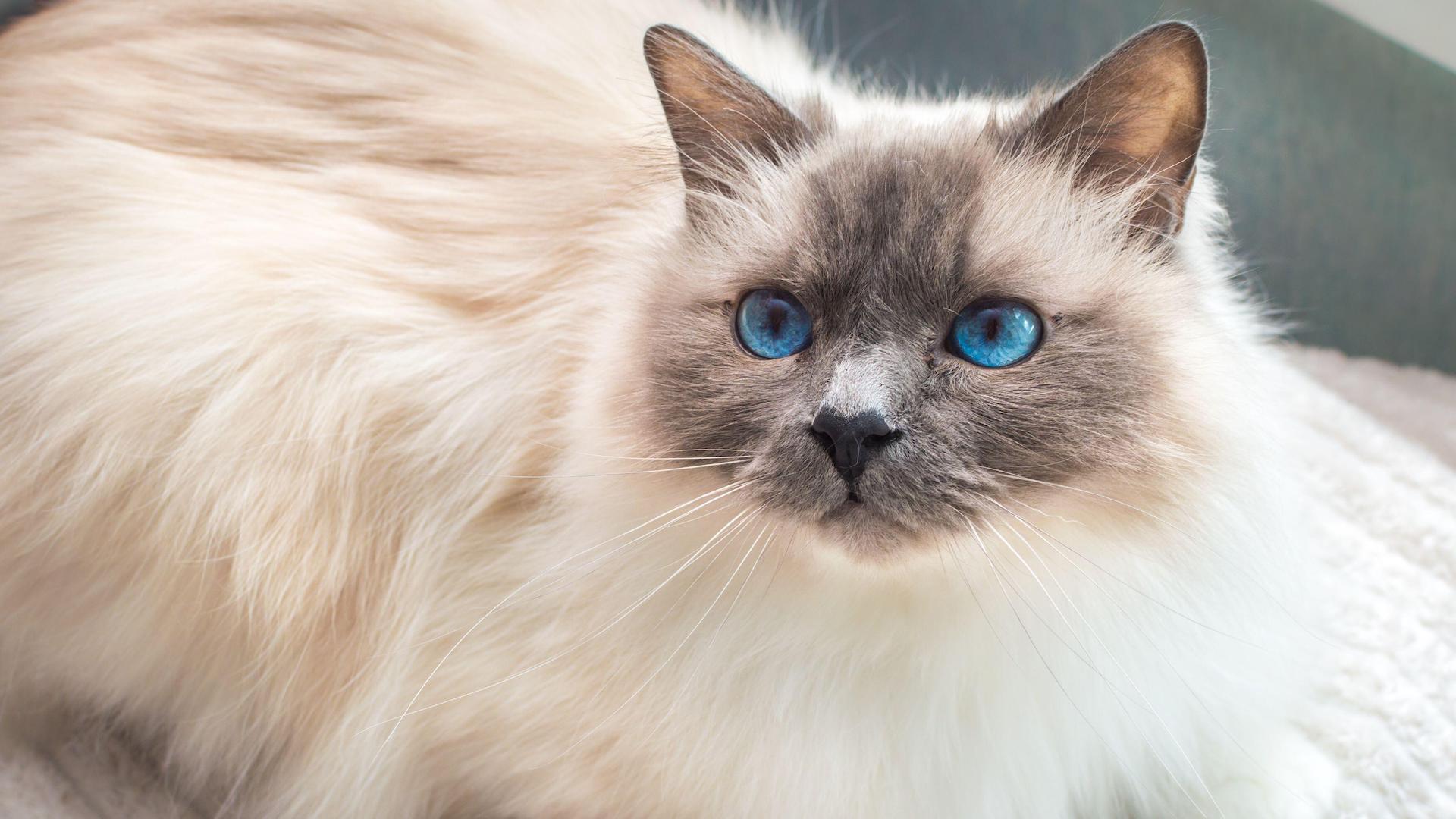
With their bewitching, often iridescent eyes, and soft, sometimes flowing coats (Ragdolls and Birmans we’re looking at you), there’s no competition for the most naturally glamorous member of the household. There’s a reason the fashion runway is called a catwalk.
9. Low environmental impact
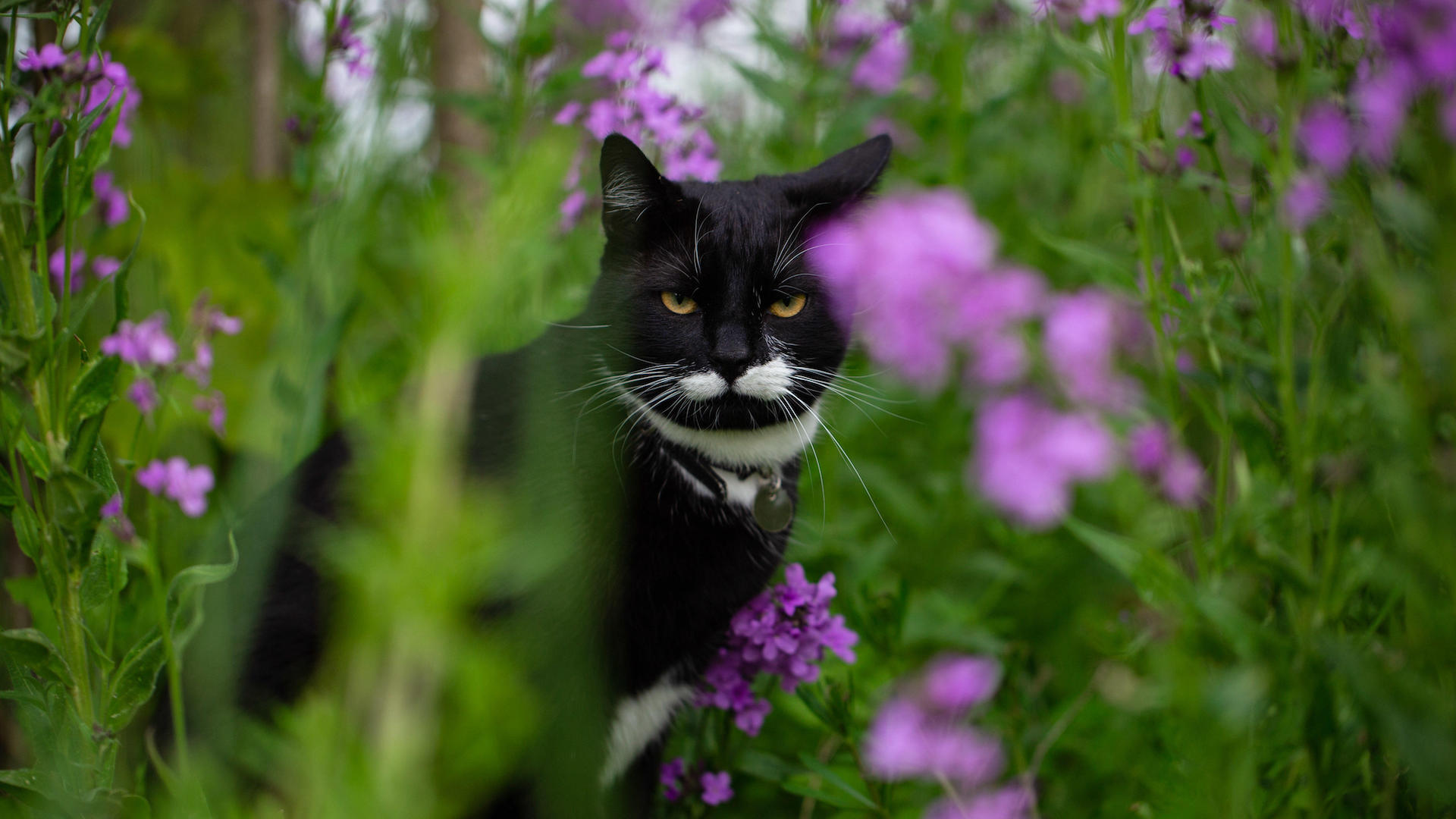
Tot up your carbon footprint over a week. From using the car to turning up the heating or the air-con, from traveling by air to wasting food, there are so many ways we humans individually contribute to a negative impact on our environment.
Cats aren’t the greenest creatures around – they can cause disruption to local animal populations and they are natural meat-eaters – but their carbon footprint is a fraction of a human’s. In the US, the average person’s footprint is 16 tons (of carbon dioxide) per year, compared to a cat’s 310kg.
10. Emotionally straightforward
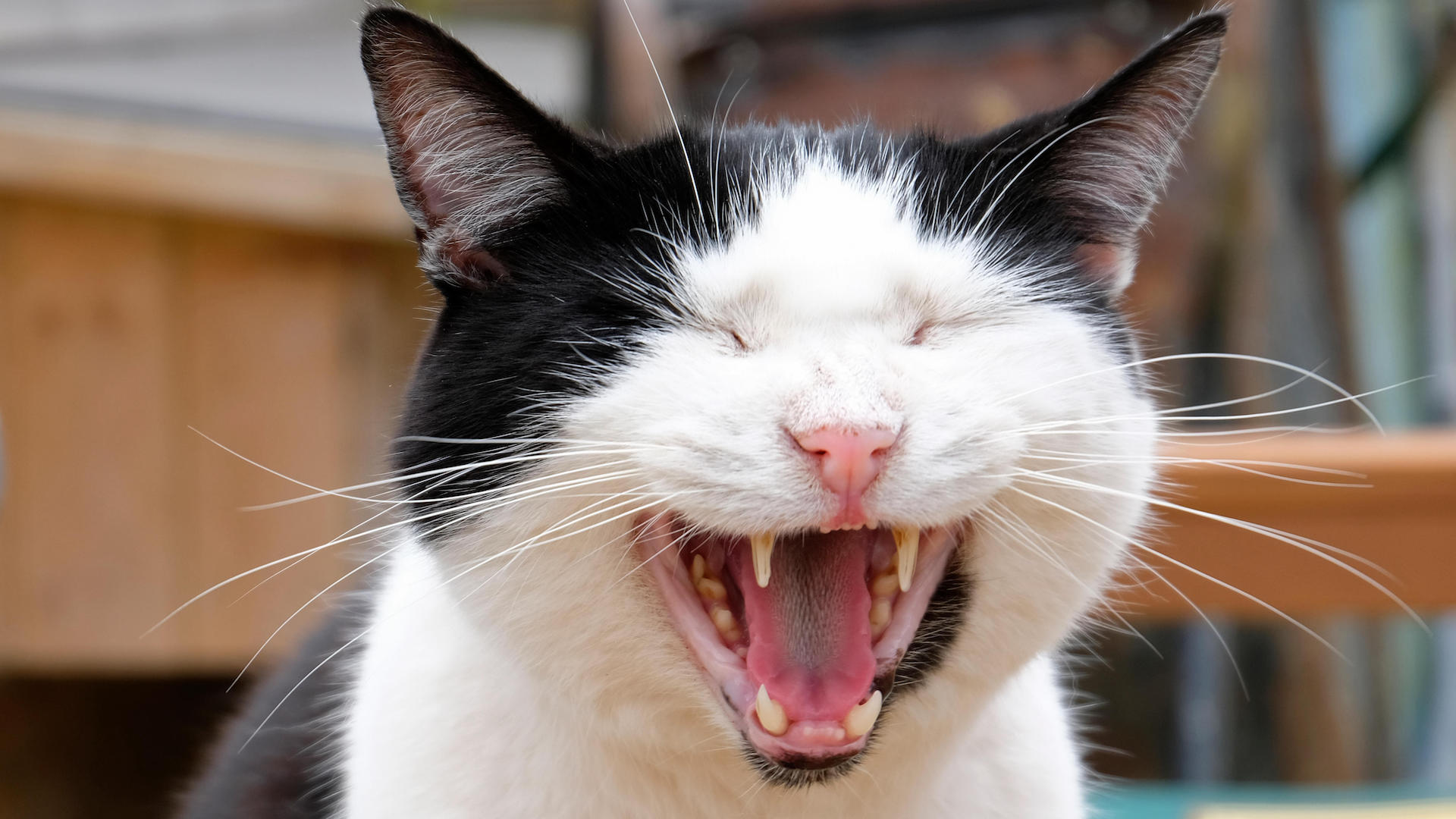
Research from the Netherlands found that pet cats have six basic emotions. These are anger, happiness, fear, surprise, disgust and sadness. They don’t feel disappointment, shame, compassion, despair, and other more complex moods in the same way we do. Moreover, they are fairly demonstrative in their body language to tell us how they are feeling, meaning we don’t have to try to second-guess and appease. Life is much more straightforward in a cat’s world.
11. Positive energy
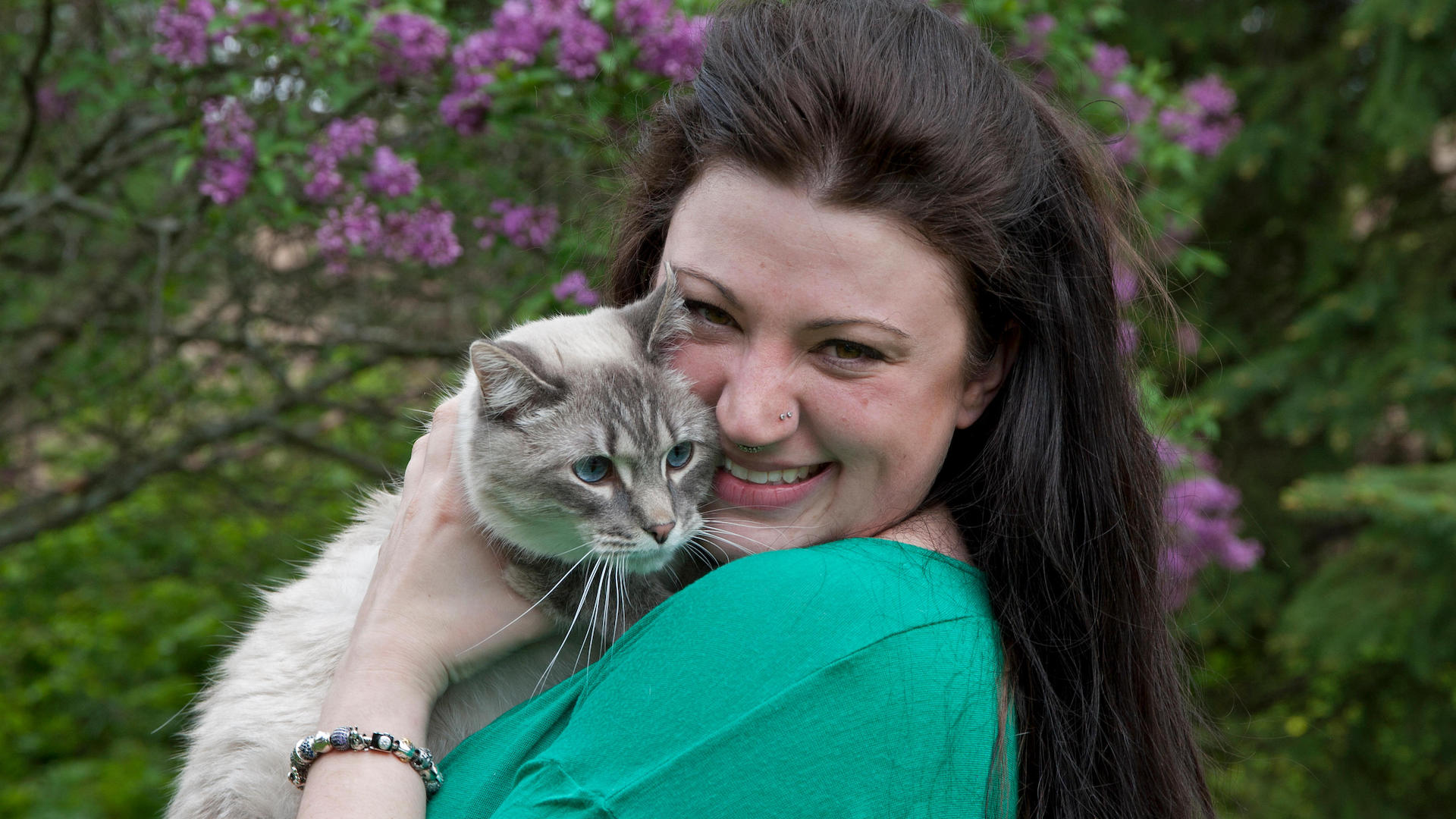
Many people believe that cats not only exude positive energy but can absorb negative vibes. They naturally have a calming presence, can deliver “purr therapy” to soothe worries, and instinctively know when their owners need comfort. The act of stroking a cat and hearing the purr is good for us. There’s a reason why in many cultures cats are associated with bringing good luck.
Now, while some humans definitely do give off positive vibes, many drag us down into their own glum mood – and they certainly can’t purr.
12. Social media – who cares?
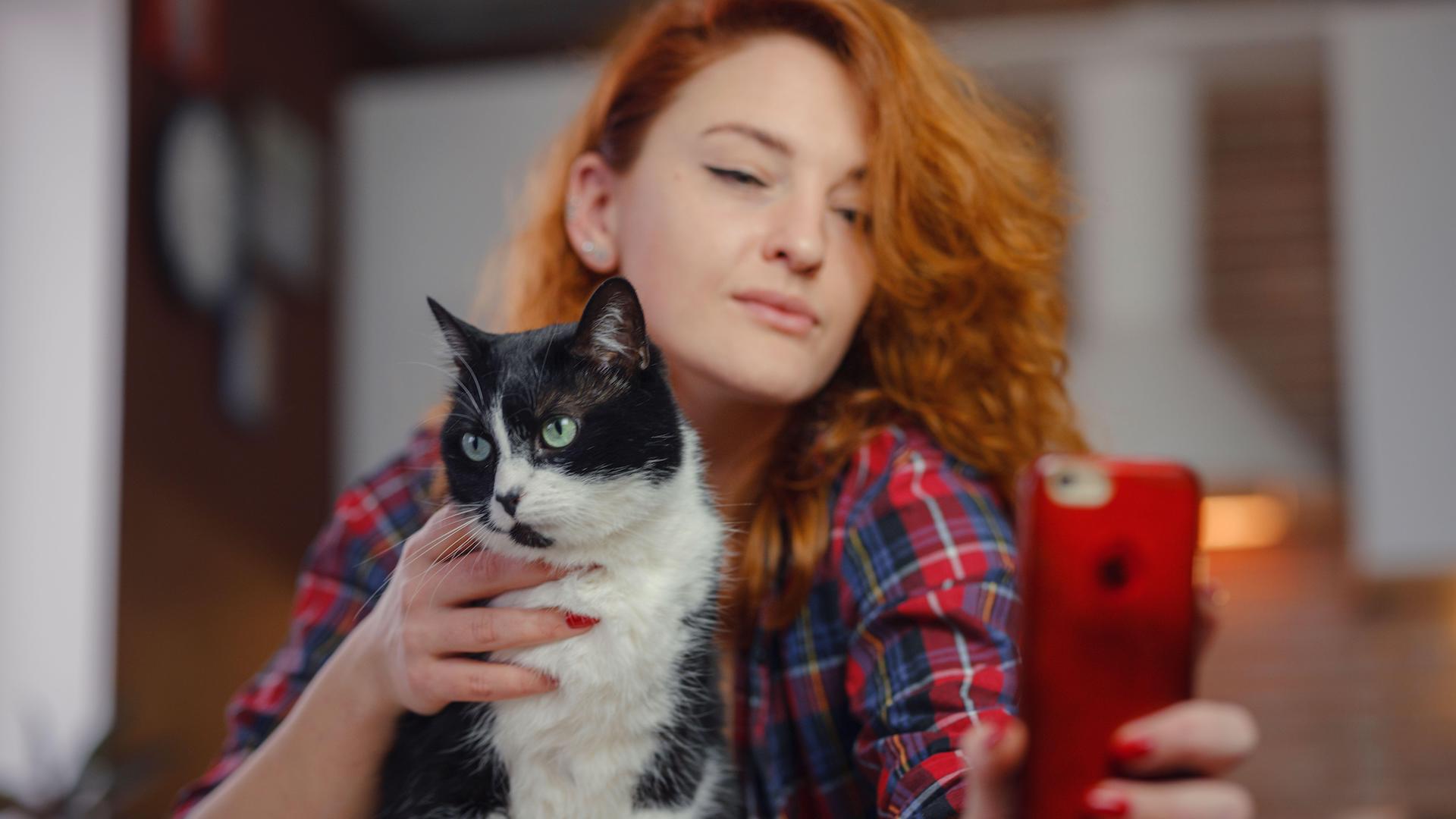
Cats are very popular on social media, but they don’t give two hoots. They might be curious about your phone – and certainly your interest in this device – but there’s no worry about them becoming addicted, overdoing the screen time, or being sucked into scams.
13. Sound sleepers

Cats are among the best sleepers in the whole of the animal kingdom. They sleep for up to 18 hours in a 24-hour period – and kittens or senior cats may kip for even longer. Meanwhile, we humans stress about if we’re getting our eight hours, panic that our teenager is getting too much or too little, spend half our nights awake worrying about tomorrow, or rocking a baby to sleep for the fifth time that night. Oh to be a cat!
14. Simple pleasures
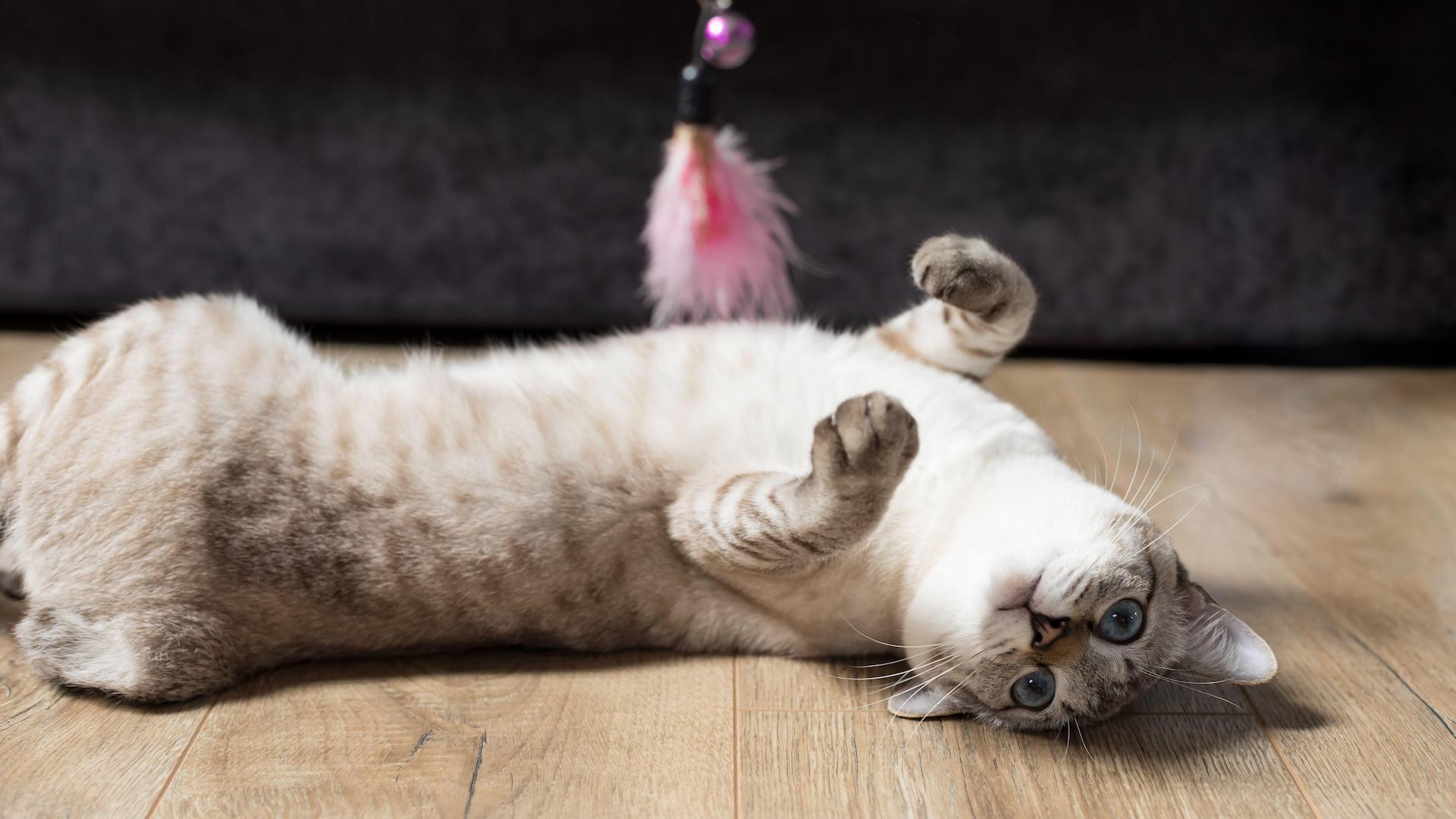
Give a cat a feather, a warm spot to sleep, a window perch, or one of the best cat scratching posts, and they’ll be happy with their lot. Whatever we humans get, we want more! Our brain’s natural reward system means we are always seeking new pleasures to satisfy, striving for personal growth, and feeling inferior through social comparisons. The Rolling Stones coined it best with “I can’t get no satisfaction”.
15. Far cuter
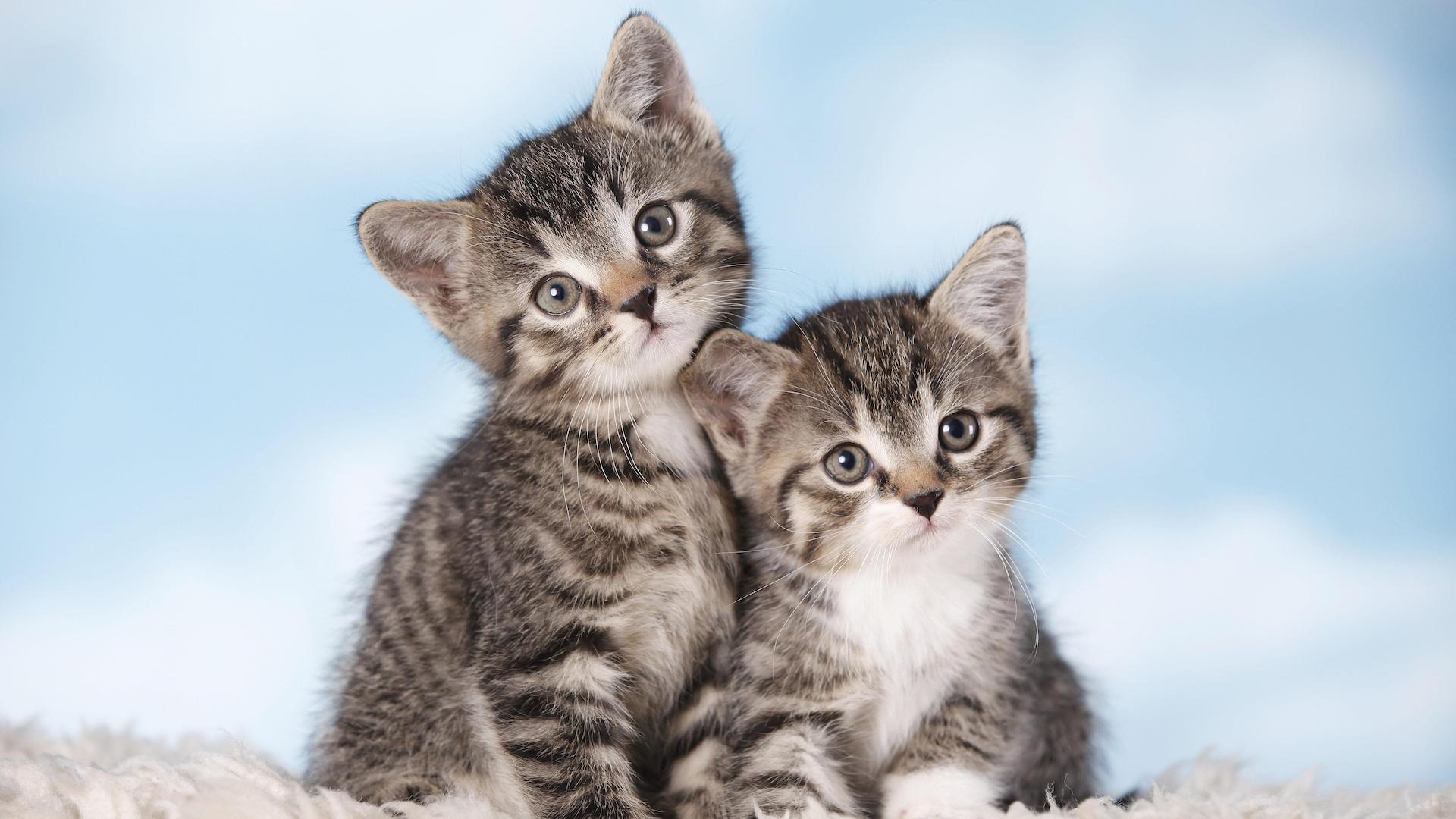
A cat’s physical features are so designed to make us think they are cute. They have large eyes, a small nose, and a soft fluffy body. This makes us want to care for them and nurture them – a bit like instinctive feelings towards a baby. However, as the baby grows up, they lose their cuteness; cats stay cute forever.
16. Masters of mindfulness
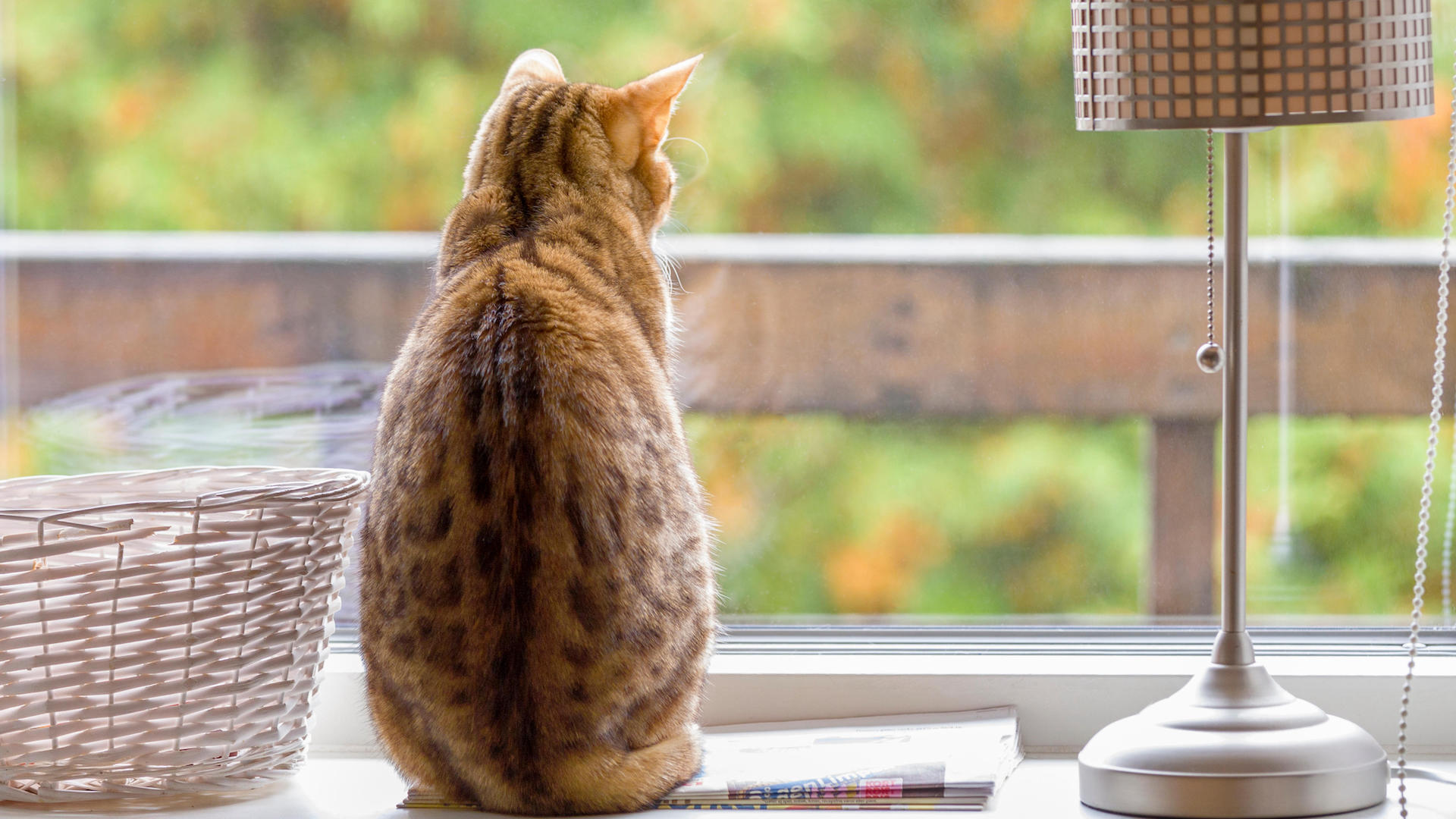
Cats live in the present – using their senses to learn and survive. They focus on one job at a time, whether it’s gazing out of the window, purring or chasing a feather, they give it their all.
They aren’t multitaskers, instead concentrating on the sensations and satisfaction that each activity gives them. Plus, as champion sleepers, they’re always well-rested, as well as being happy in their own company. Watch and learn, humans.
16. Mystery moggies
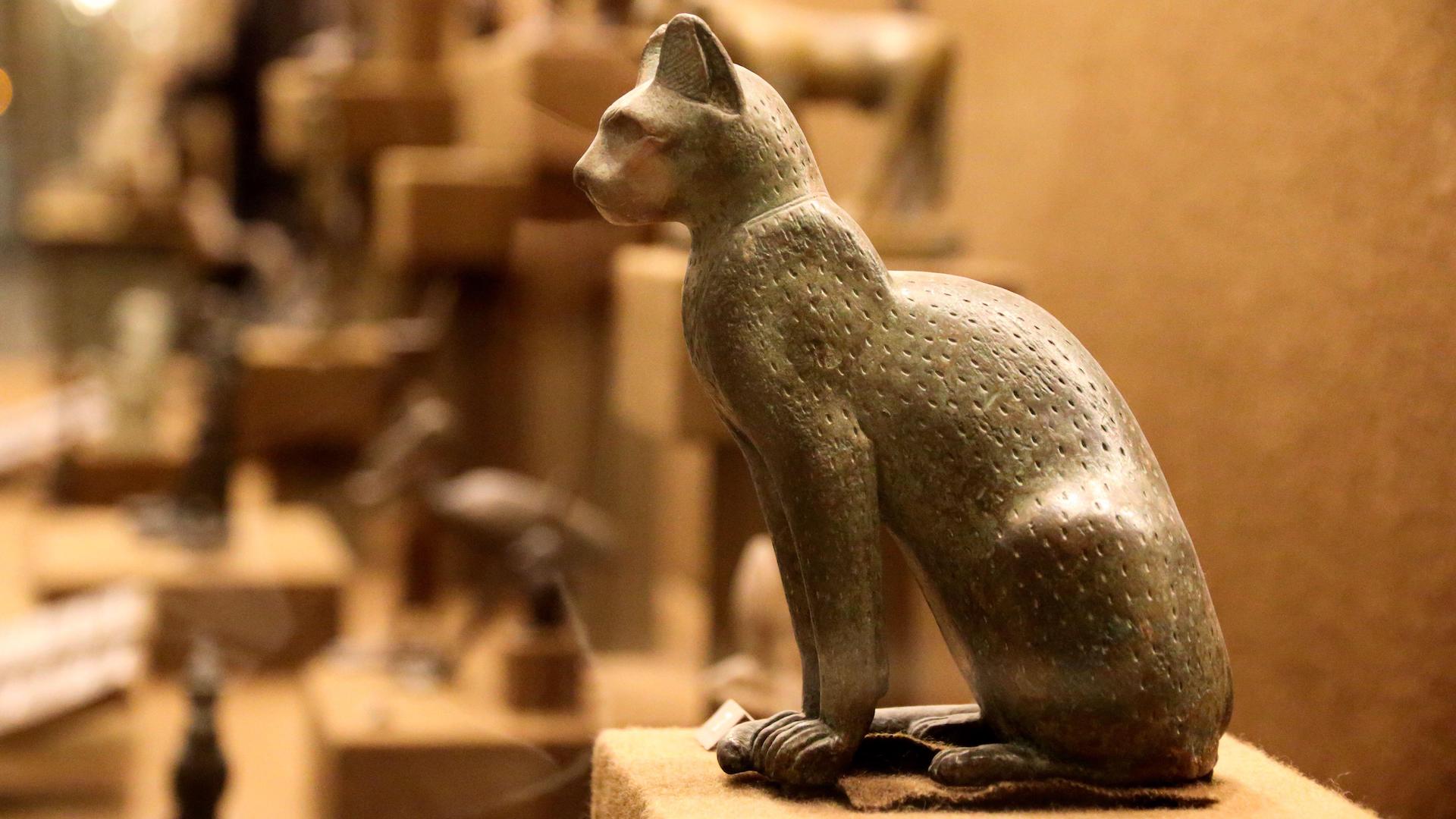
Cats were worshipped in ancient Egypt as divine beings. Their enigmatic nature and rich history add an air of mystery that humans can only dream of replicating.
17. Always playful
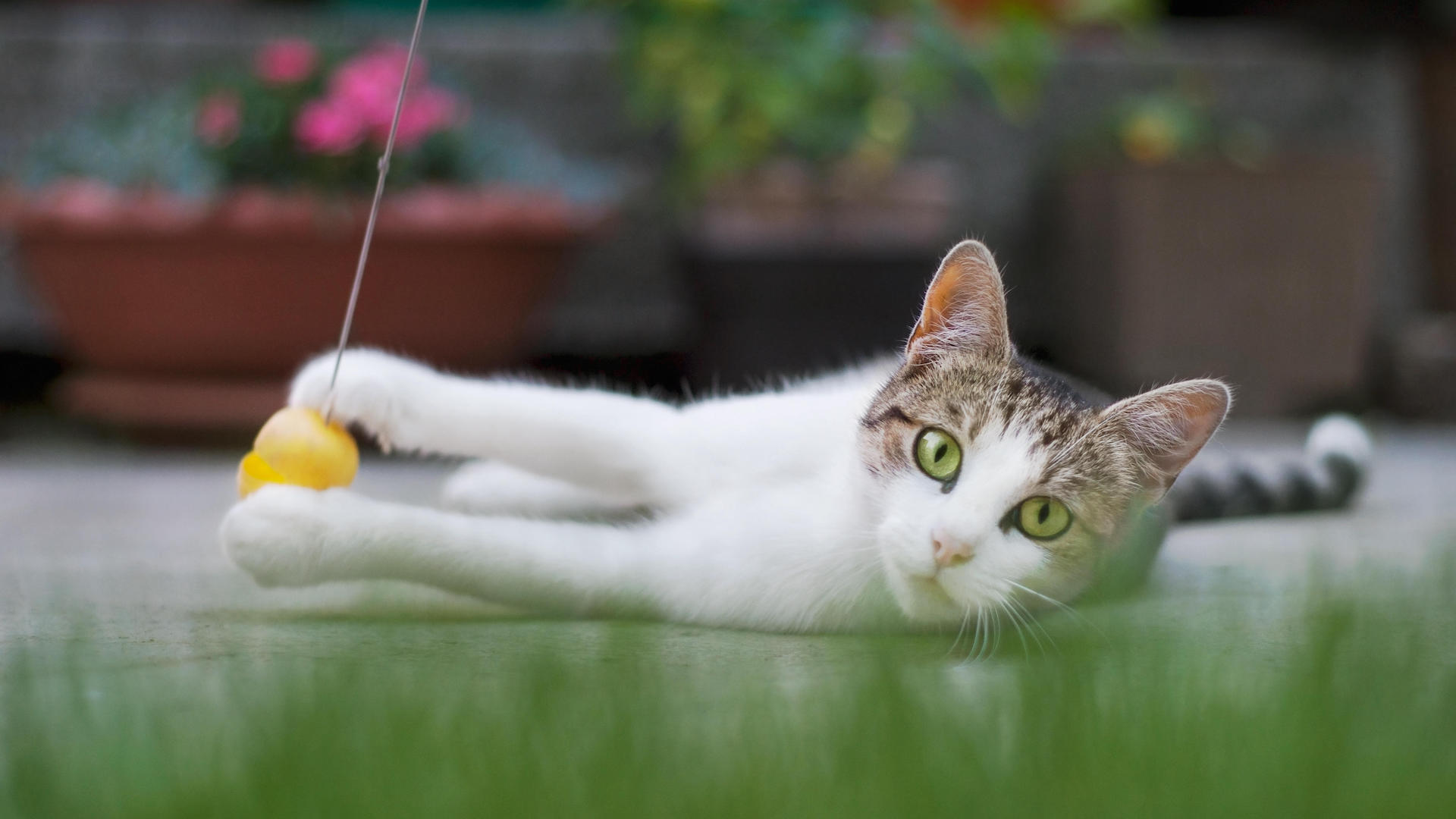
A cat can give you the impression that sleeping is its most important pastime, but they are wonderfully playful – whatever the age. They love short bursts of intense playing with one of the best cat toys, climbing, pouncing, or zoomies around the house.
18. In tune with their body
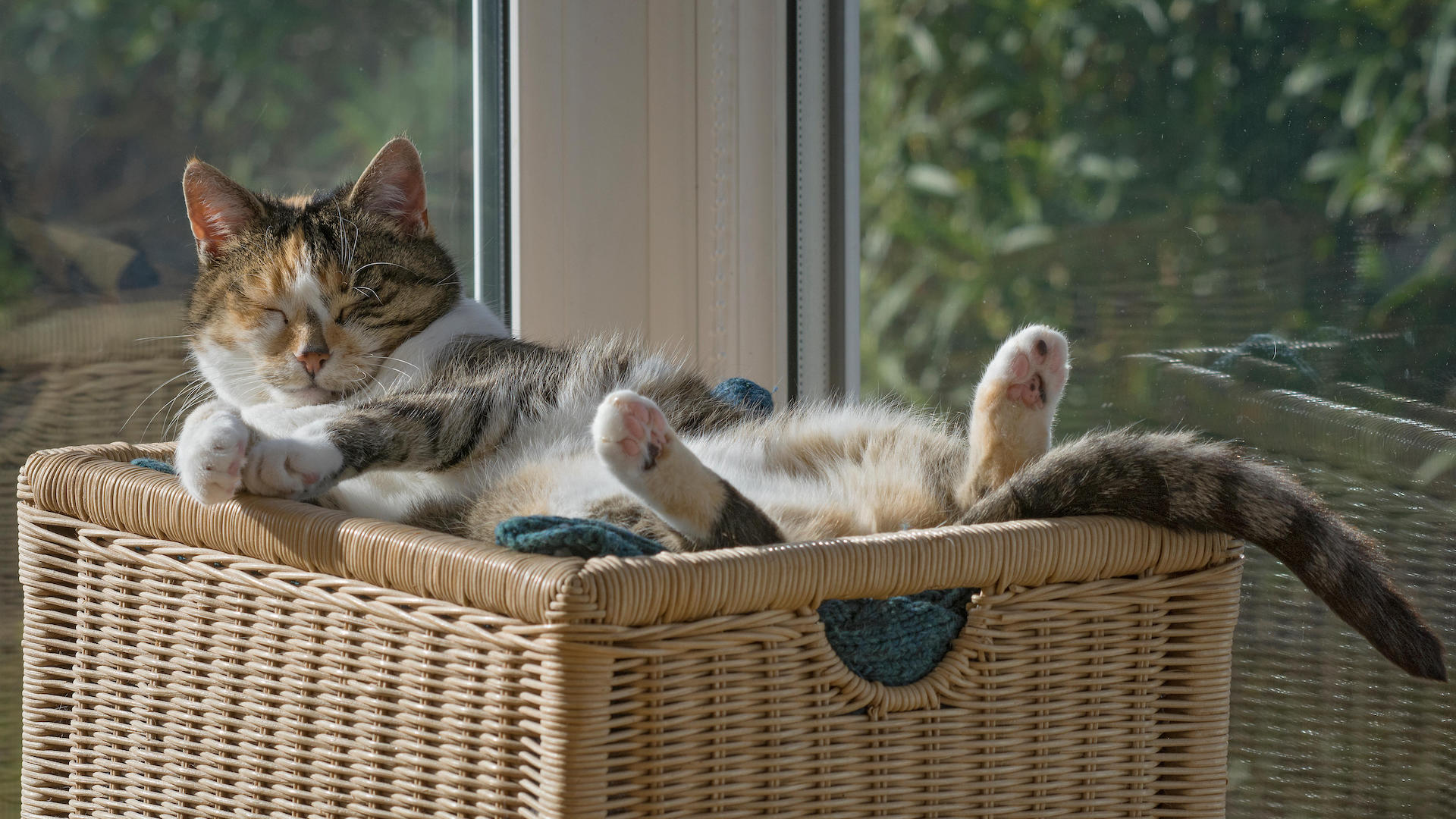
People have a somewhat bizarre capacity to push themselves beyond their limits, whether it's ultra-marathoning, over-eating or drinking, going to bed too late, and so on. Cats are more in tune with their bodies and not overdoing things.
19. Temperature regulators
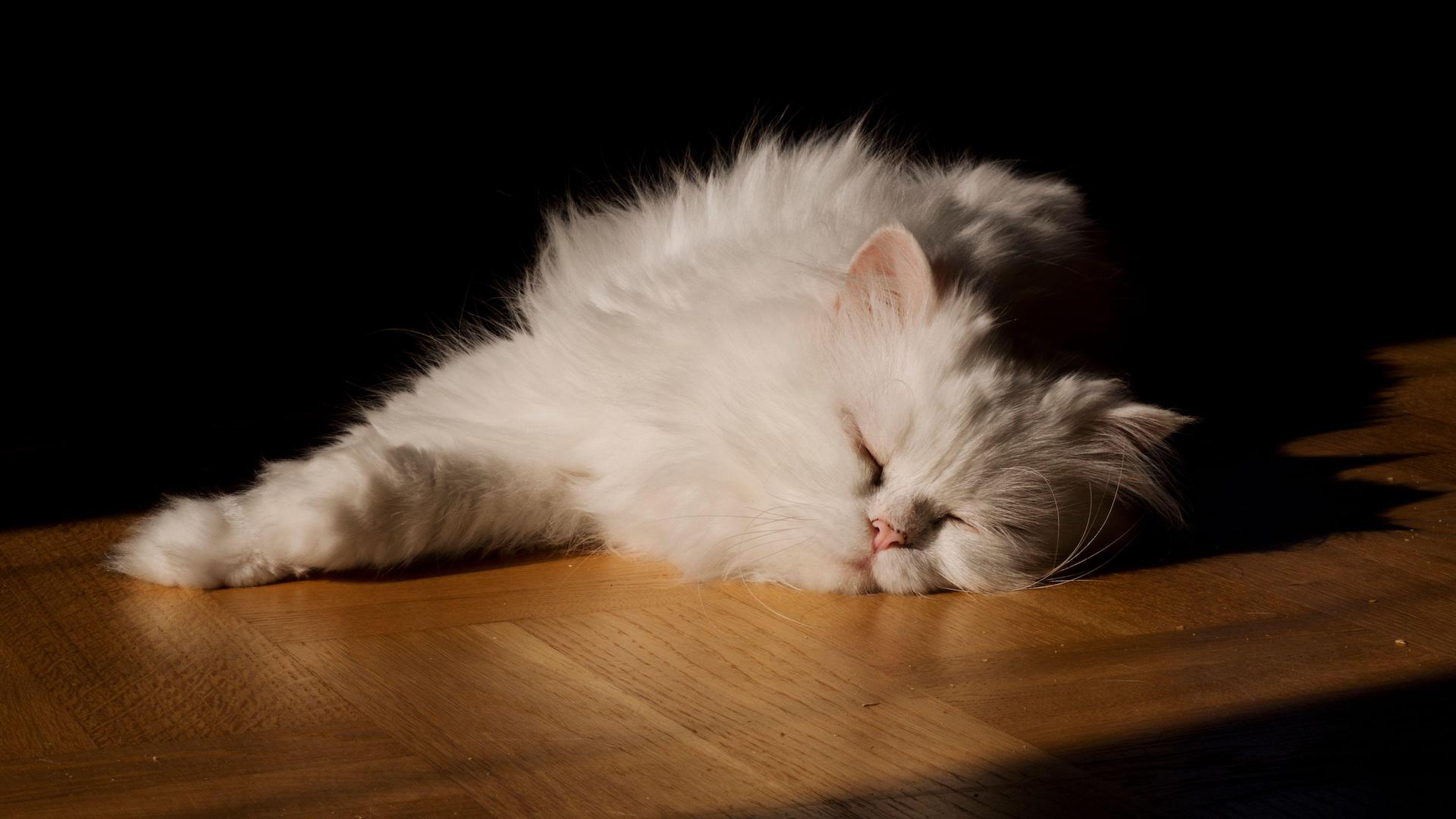
People have a strange habit of lying in the sun or running around on a hot day until they are red in the face. At the other end of the scale, we have a penchant for ice baths and cold-water swimming. Cats are so much more sensible. When they need warmth, they find a sunbeam to bask in; when it’s too hot, they seek shade.
20. Fearless felines
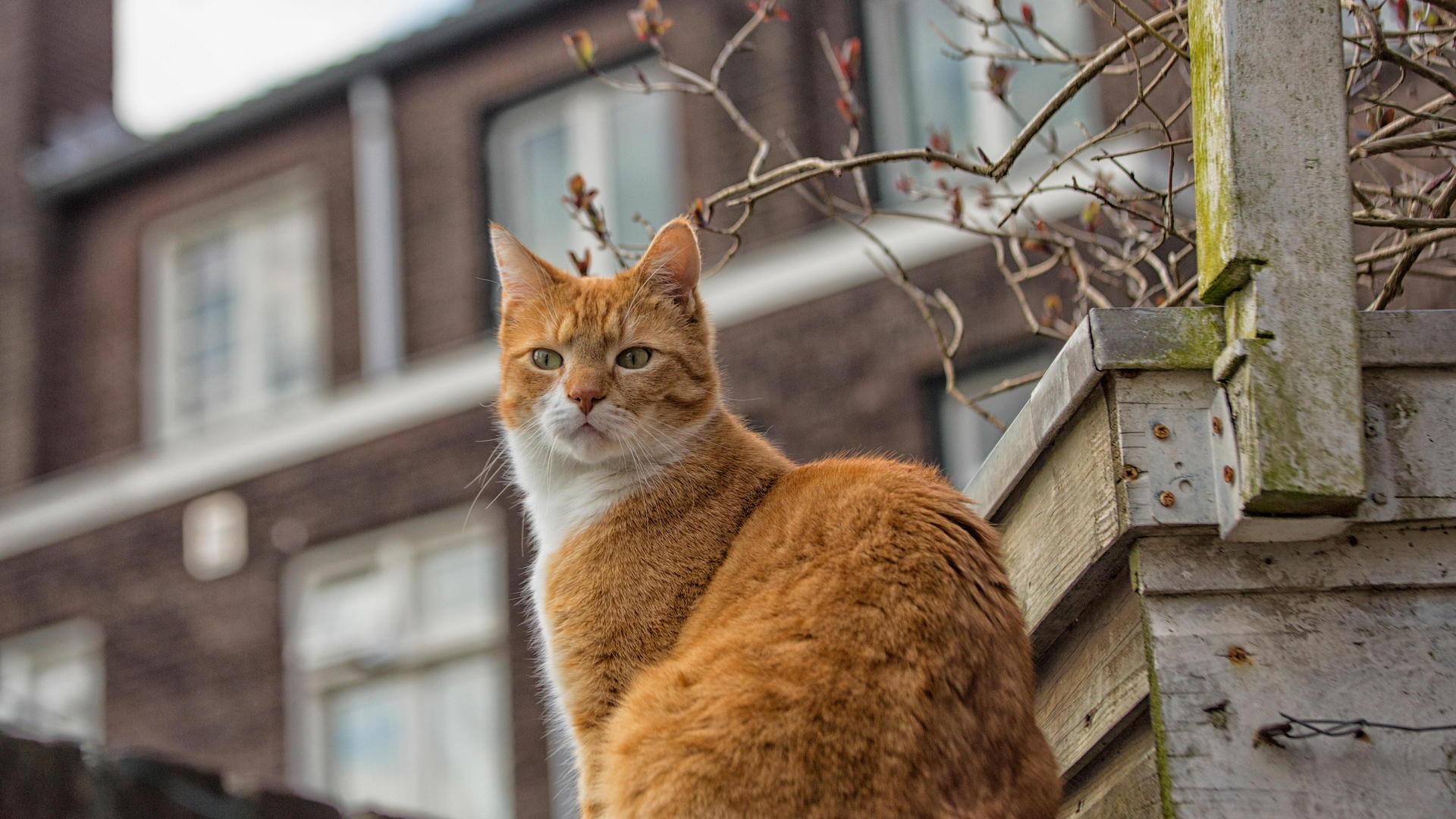
Never afraid of the dark, and certainly not fearful of rats, cats stake out their territory with complete confidence. No one questions a cat’s right to own a space. Unlike people, cats never give the impression of feeling vulnerable or insecure.
21. Enchanting eyes
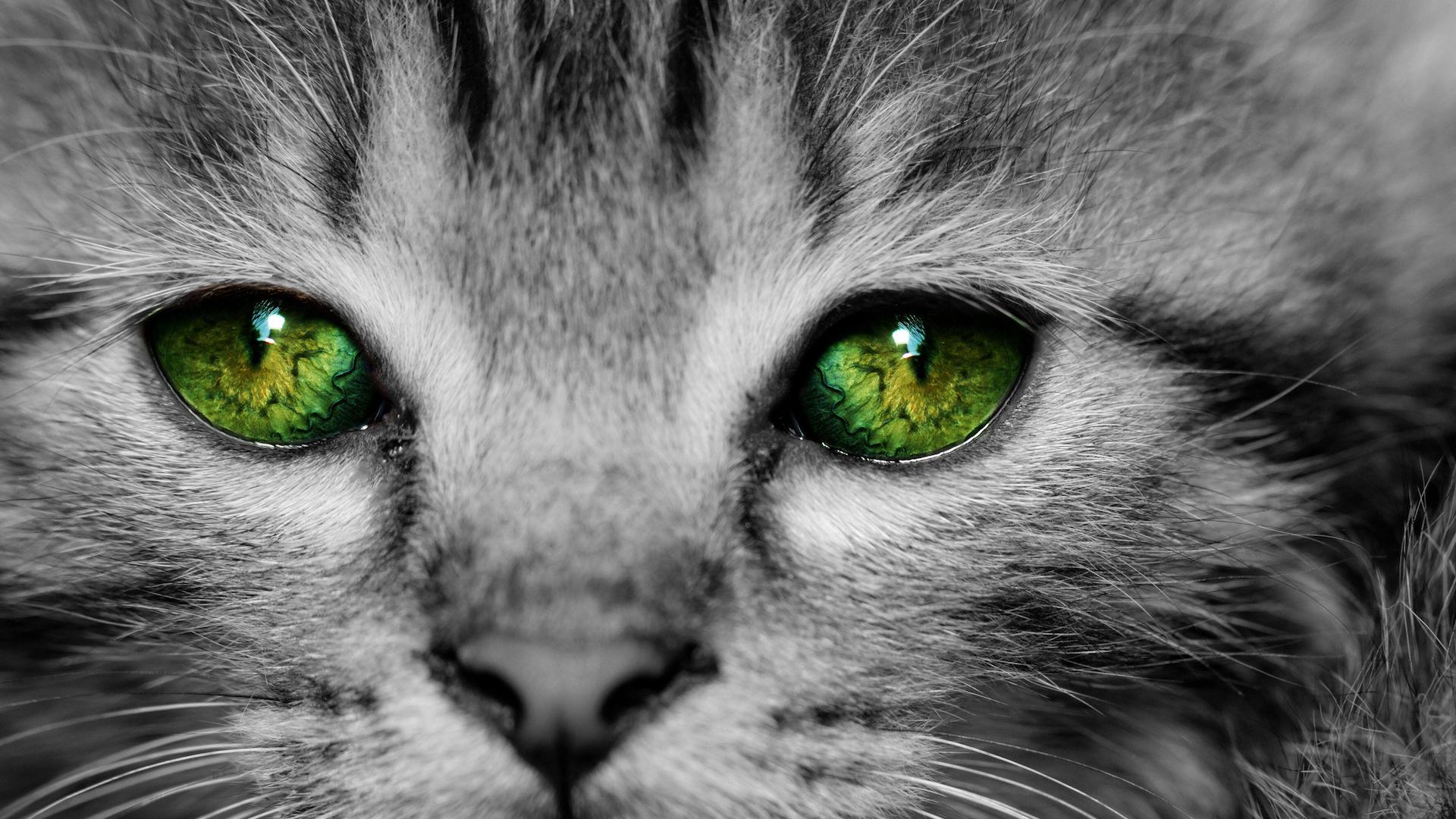
Cat eyes come in a huge variety of iridescent colors, from bewitching blue to cozy copper. Their gaze is truly enchanting. Fall under the spell of their slow blink, or marvel at their wide-eyed look of curiosity – their magical eyes are like windows to their souls.
22. Oblivious to time
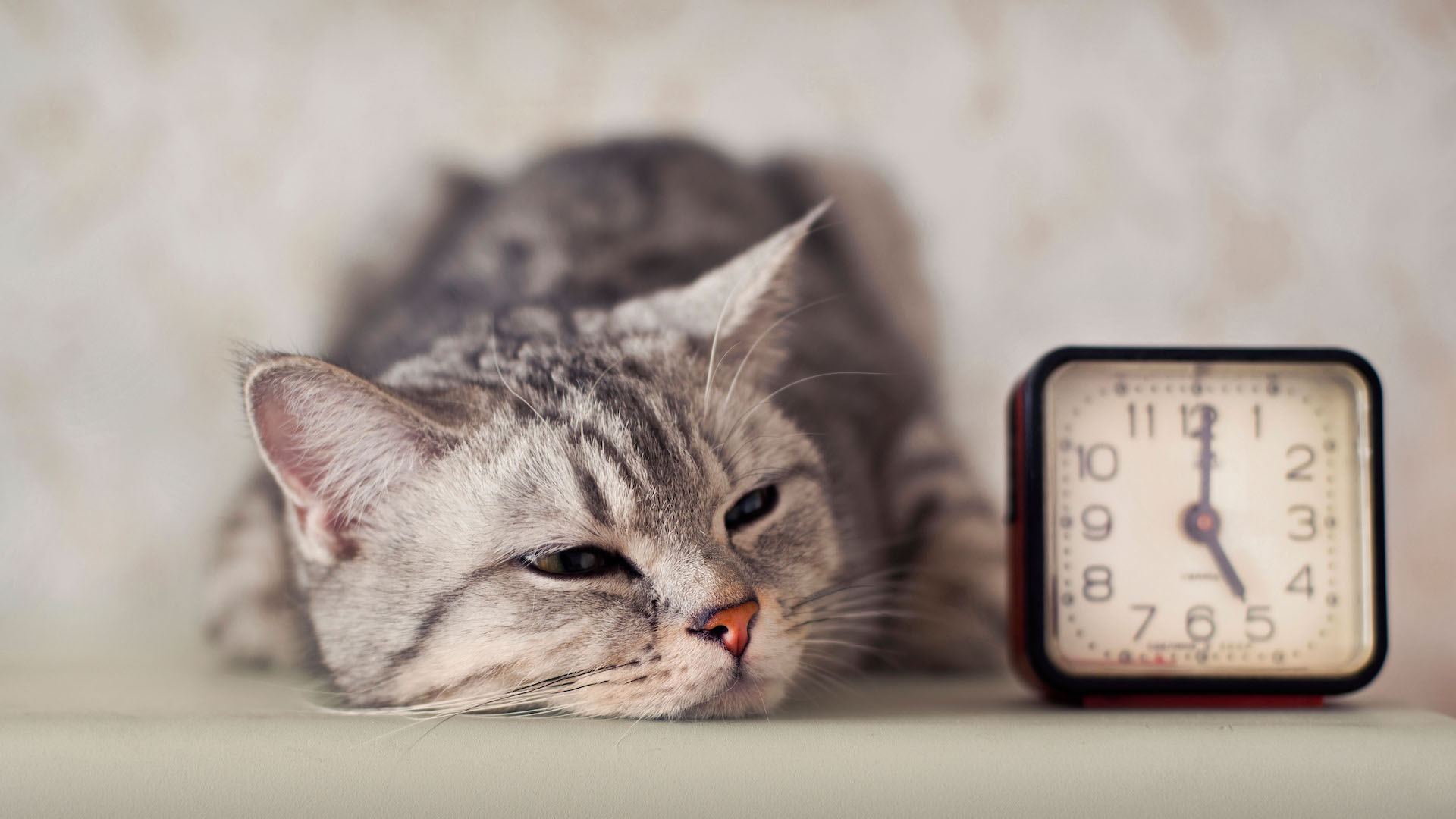
We can learn a lot from a cat’s attitude to time. In their world the clock is irrelevant; they listen to their bodies. If they’re hungry, they’ll eat; if they’re tired, they’ll sleep; need to burn off some energy, they’ll play.
23. No validation needed
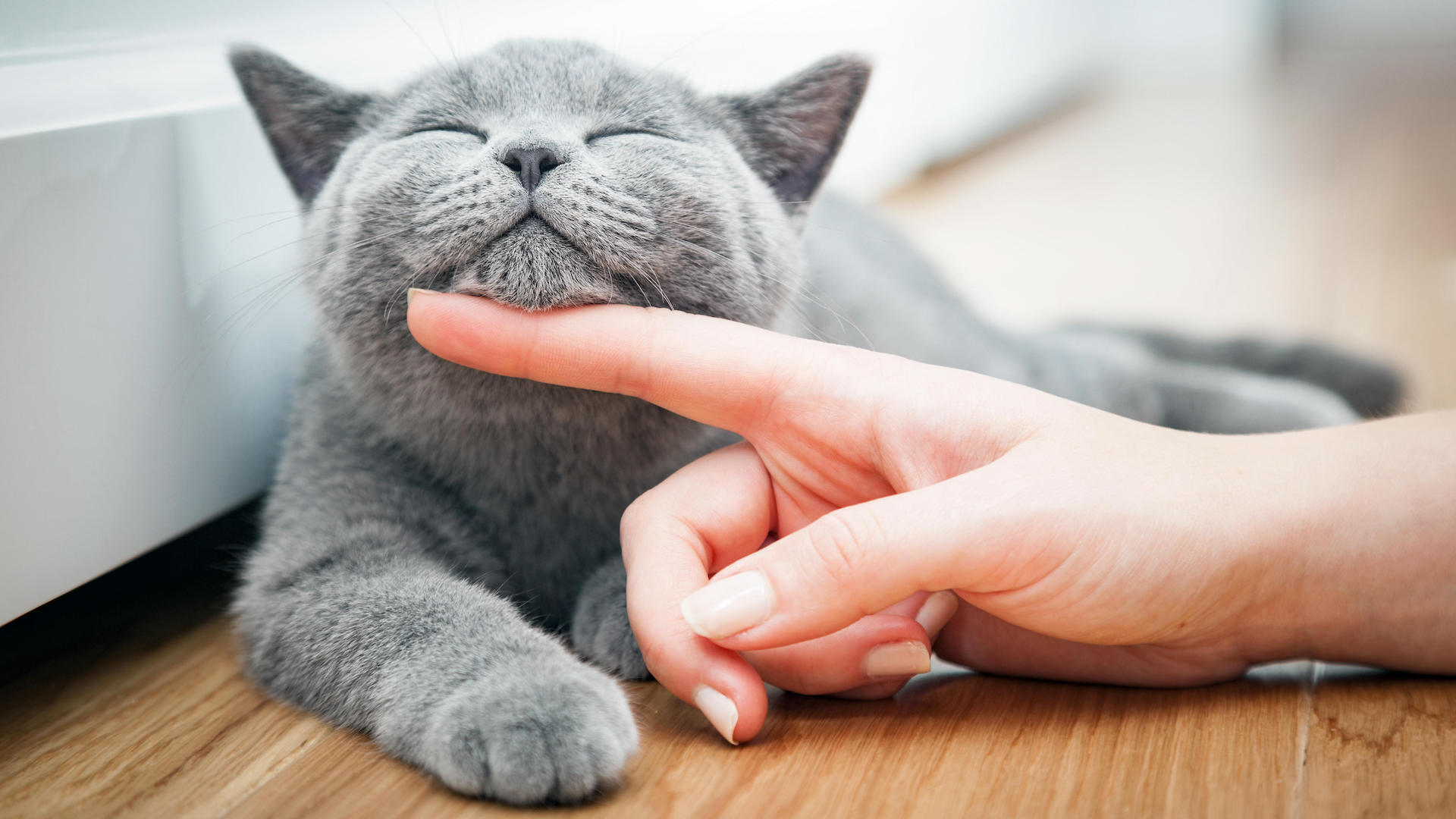
Our human psyche seems to run on validation – we long to be acknowledged and understood by others. We yearn for affirmation and can lose confidence when we don’t get it. A cat doesn’t need anyone’s approval. They walk confidently and comfortably in their own fur.
24. Luxury fur coats
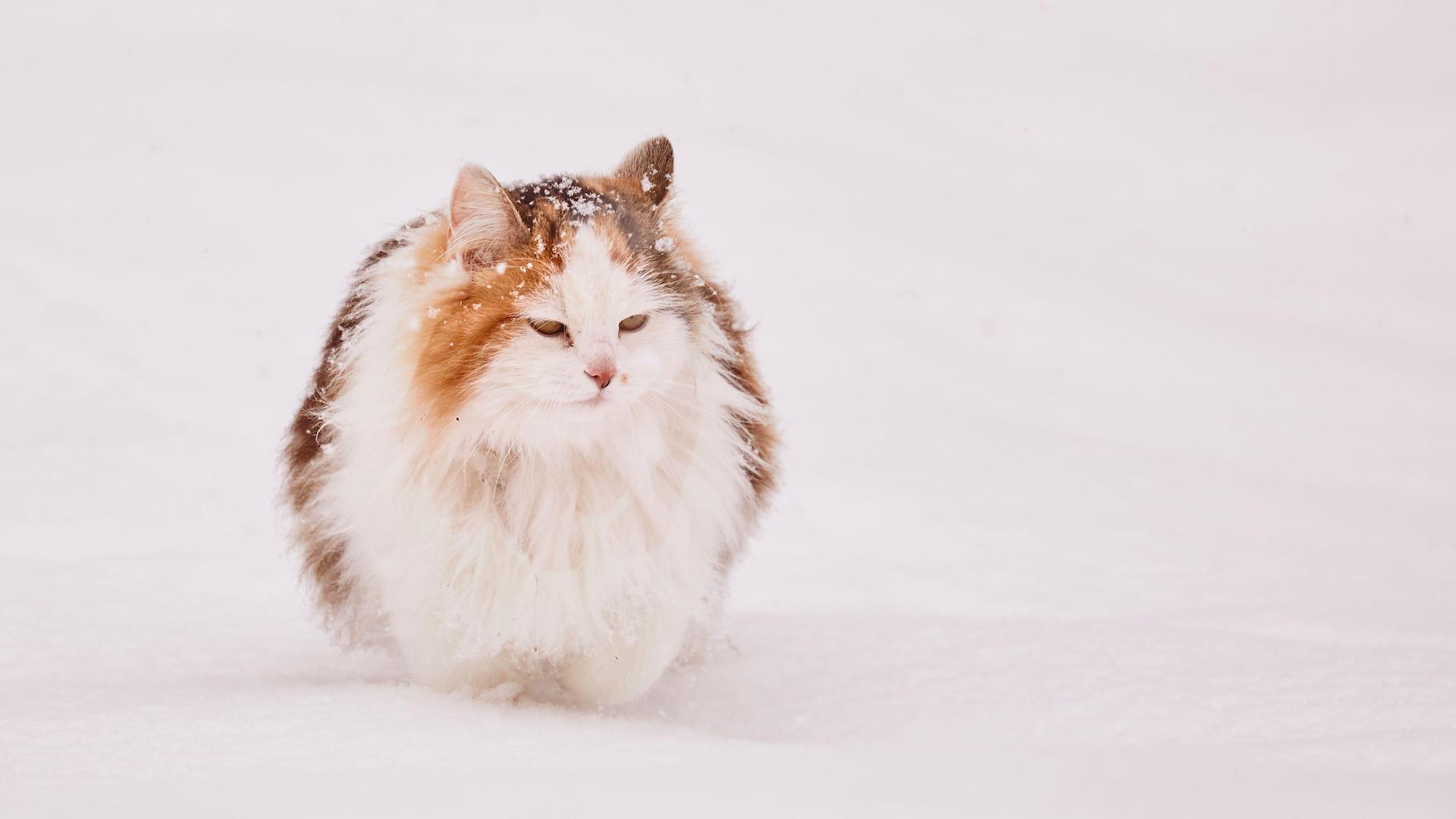
A cat’s coat not only looks magnificent but it serves many practical purposes. Their fur helps them regulate their temperature and protects them from sunburn as well as the wind and rain. It can even protect against nasties such as bacteria and viruses.
More fascinating still, their fur provides sensory data and helps them produce vitamin D (when the sun reacts with their coat oils) – which they consume when self-grooming.
Beat that, people!
25. Softly spoken
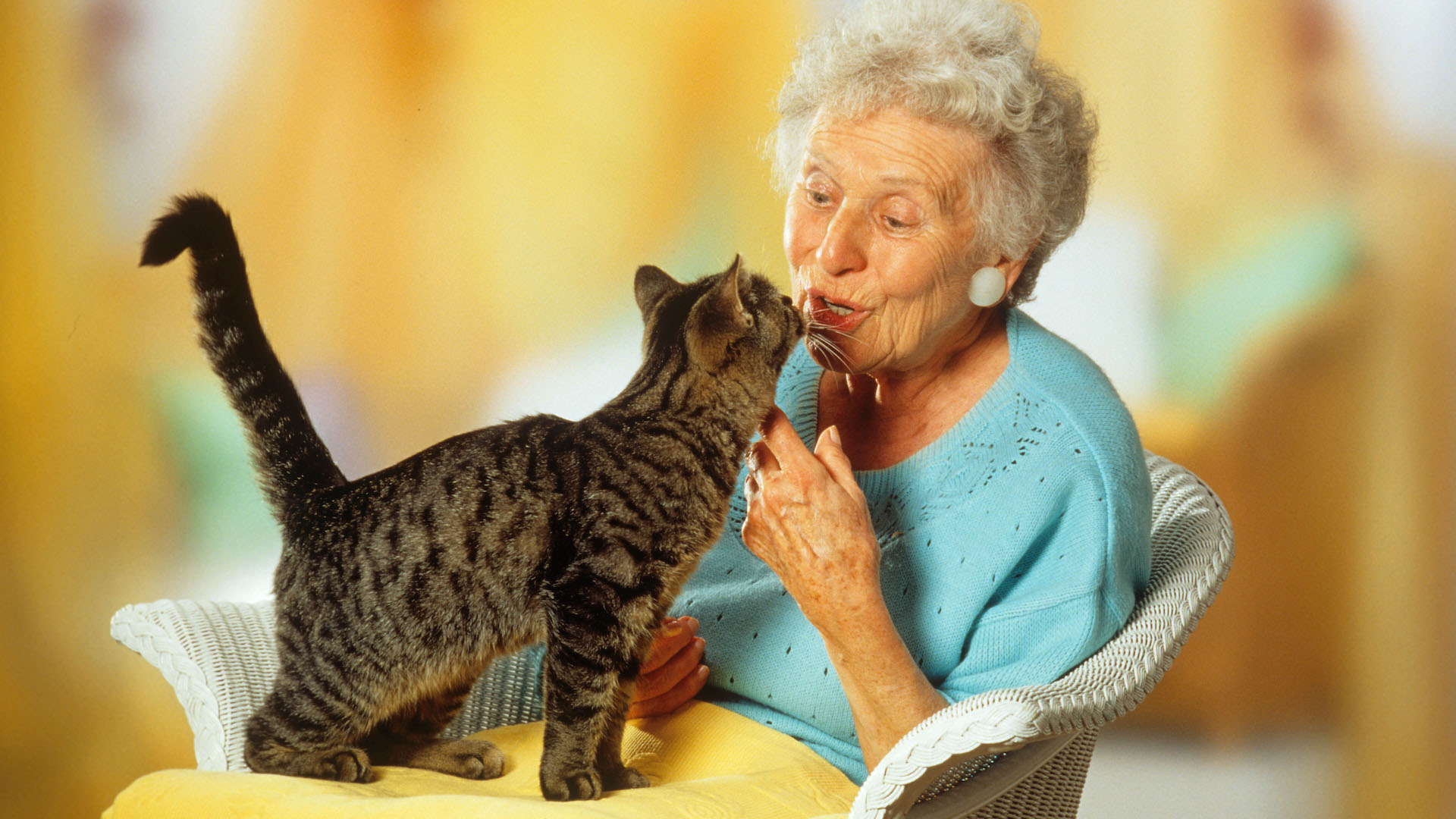
Of course, cats are capable of yowling and howling, but they tend to use aggression as a last resort. Unlike humans who might argue, shout, or complain, cats tend to communicate with quiet meows, purrs, and gentle body language – by far the most compelling form of communication.
26. Endlessly curious
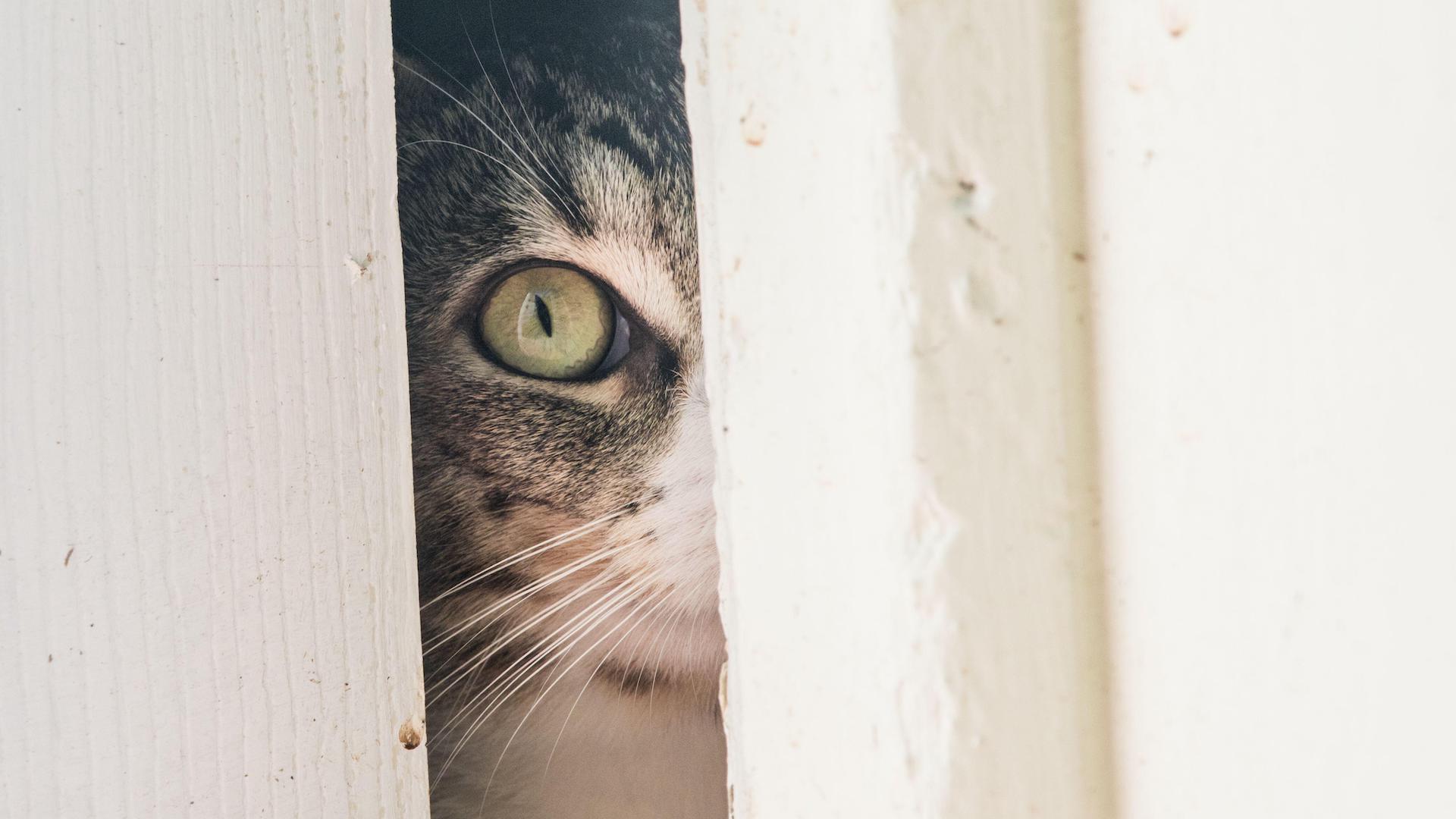
Curiosity is a sign of interest, fascination, and desire for learning. We can get jaded or averse to finding out about things we don’t know. Cats are naturally curious about everything. They’ll investigate new objects, sounds, or even changes in the air – reminding us that curiosity is essential for growth.
27. They make you feel special

Naturally, there are some people who know how to make you feel special, but a cat’s attention, when bestowed, is like a gift. They pick who they want to show affection to, and when they decide to curl up in your lap or sit beside you, it feels like you’re the chosen one.
28. No fear of change
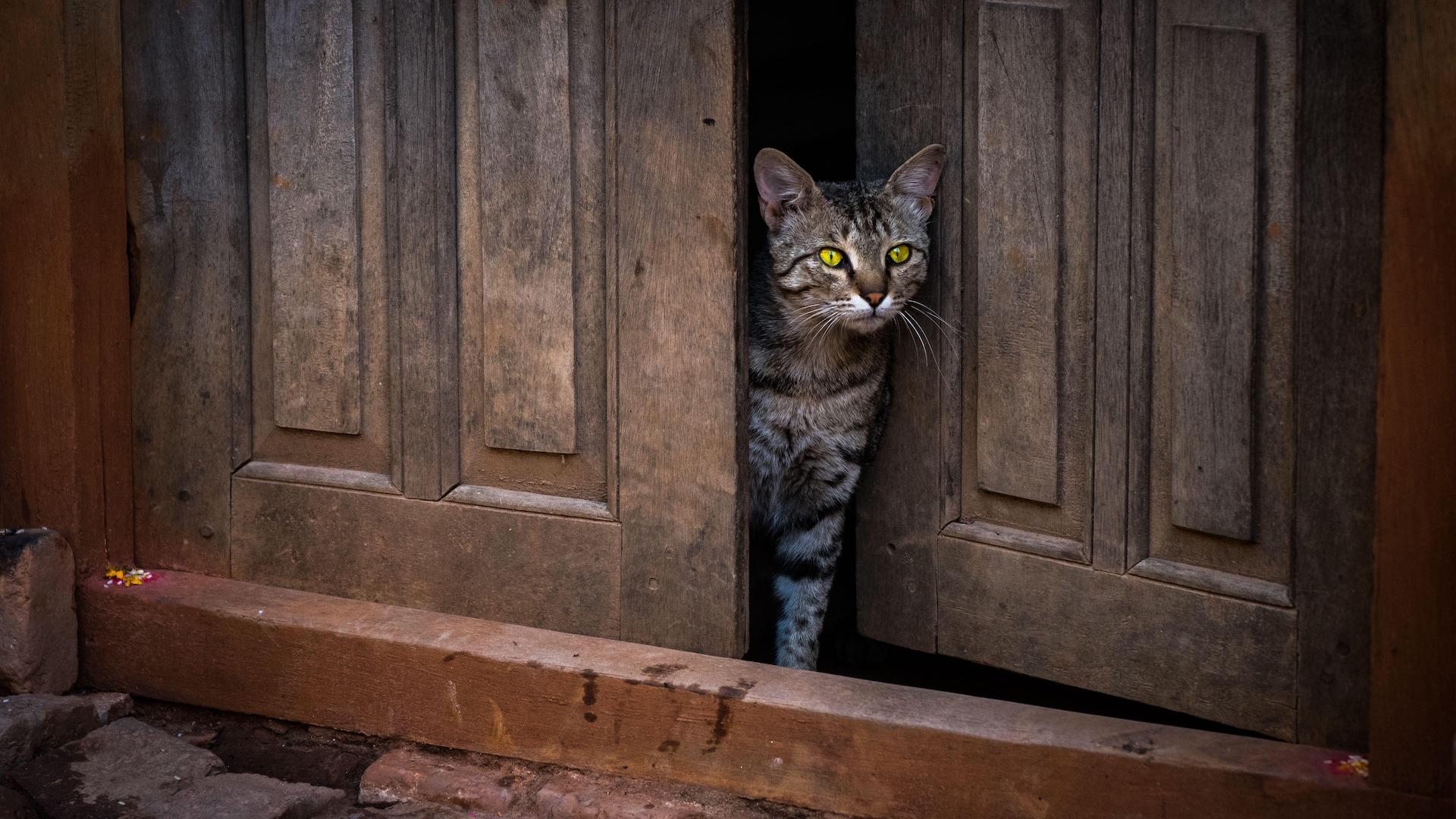
There are some other pets that seem to cope even better with change than cats do, but felines are a good deal better than people. Fear of change seems to be wired into our brains to some degree.
But while people can fear the unknown future, a cat will adapt quickly to new environments in the moment, even moving to a new home, as long as they have food, comfort, and companionship.
29. Setting boundaries
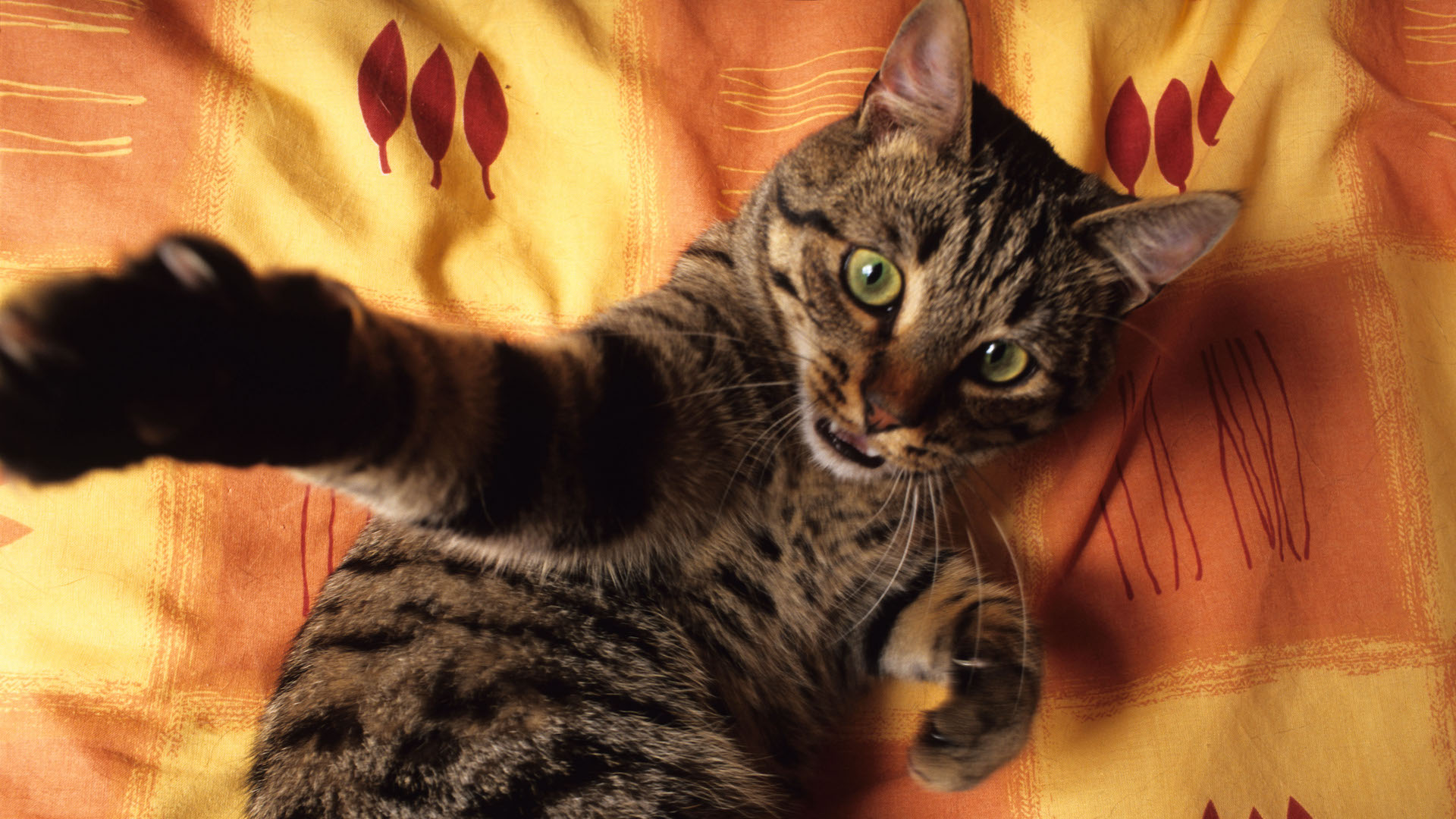
When a cat has had enough – playing, stroking, sitting on your lap – they’ll tell you. A cat will put you firmly in your place if you do anything they don’t want you doing (a little paw-swipe or a sashay off in another direction). People can be confusing in their attempts not to offend – whereas a cat will be happy to show they believe that they’re the one who has been offended.
30. Not afraid to show vulnerability
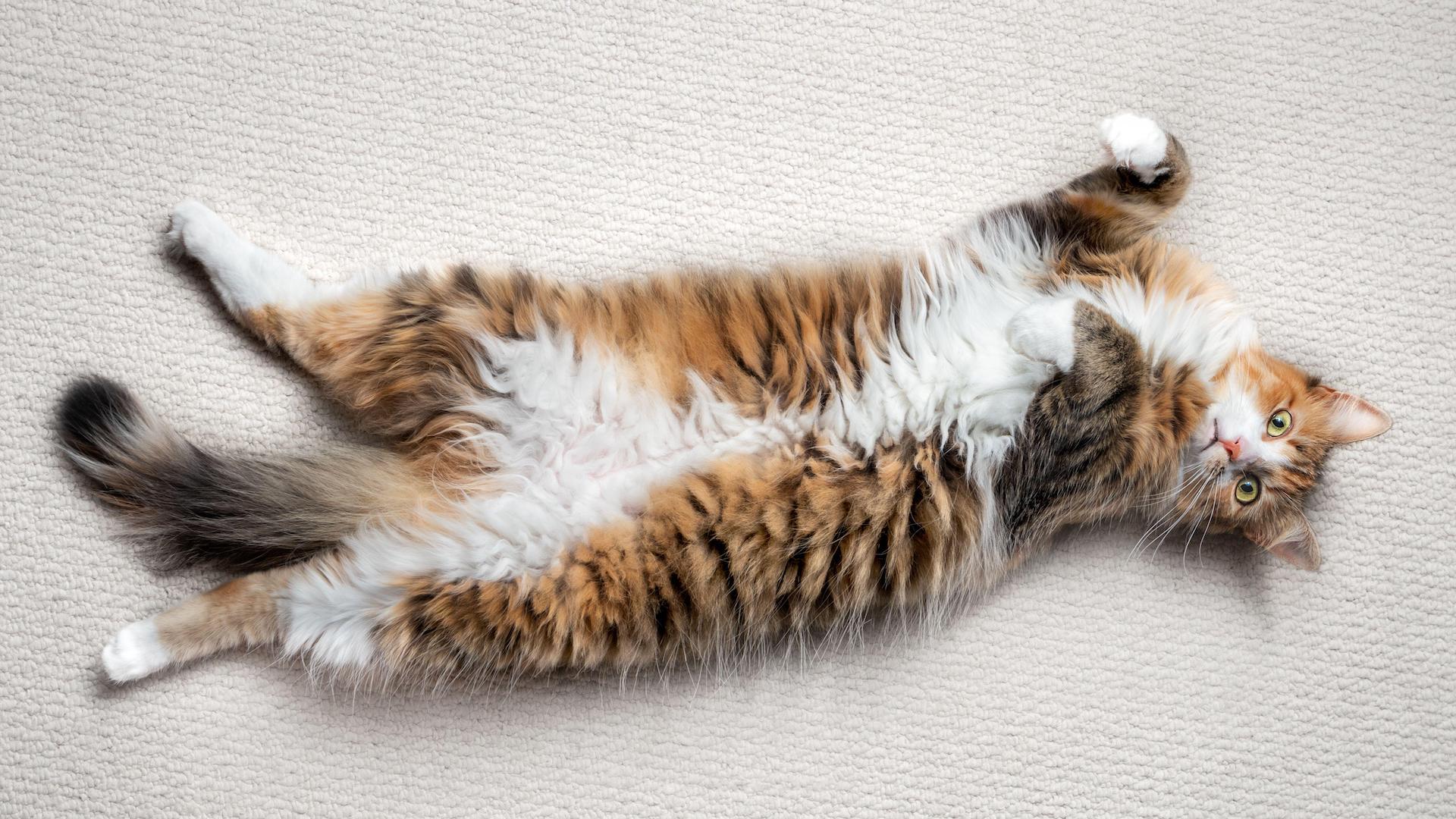
Despite – or maybe because of – a cat’s fearless nature, they have no qualms about showing their vulnerable side. They’ll freely let their guard down among people they trust. Whether it's exposing their belly (the most vulnerable part of their body) or curling up in your lap, they show us it’s OK to show vulnerability in safe spaces.
31. Joy in the mundane
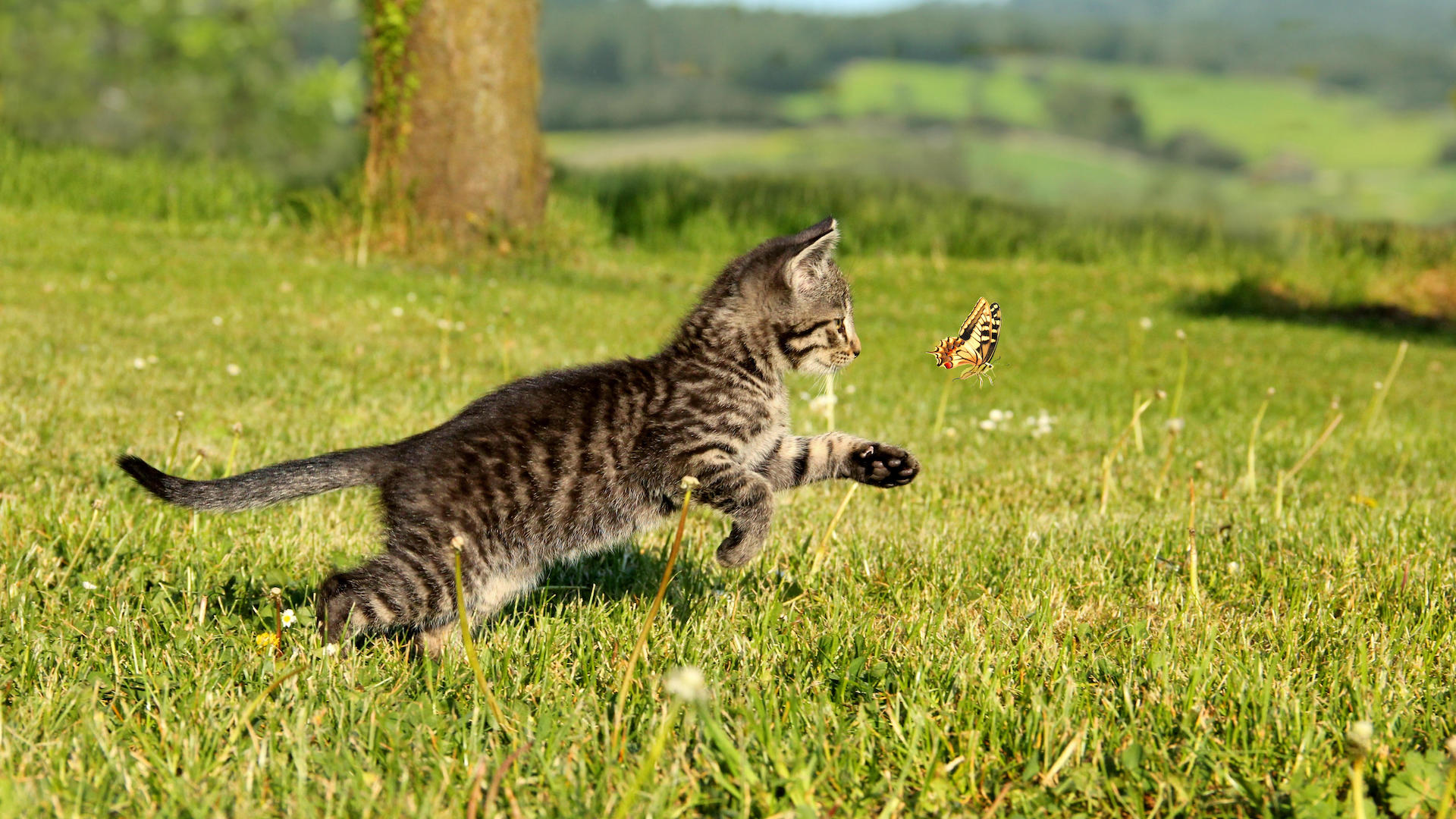
If you have ever watched a cat play with a ball of wool or an old toilet paper roll, you’ll know how they can find joy in the mundane. They are masters at turning an ordinary object, be it a string, a cardboard box, or even a simple piece of paper, into hours of entertainment. They remind us that even the most mundane things can bring us joy if we approach them with the right mindset.
32. Self-sufficient social life
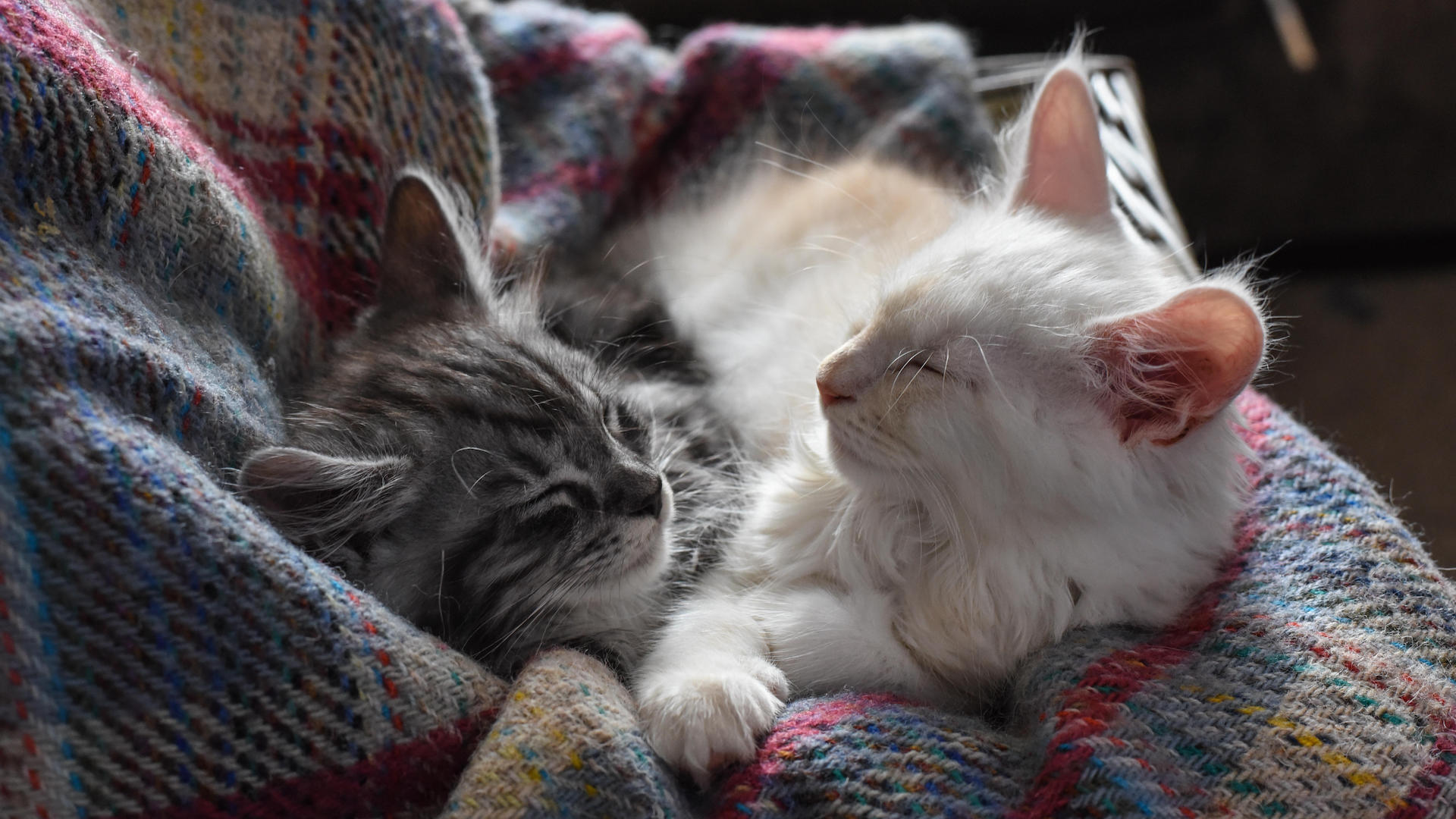
Cats are selectively social. They know when they want to keep to themselves and when to engage. They don’t feel pressured to be constantly socializing like people often do. Their social lives are entirely on their own terms, teaching us to embrace spontaneity.
Martha is an experienced journalist working in both print and digital media. She specializes in the canine, equine and rural sphere where she has covered a wide range of topics from cloning animals and the ingredients for a perfect yard dog, to helping owners find the best canine GPS trackers on the market. When she’s not busy writing about dogs and horses, she’ll be found either aboard a horse or looking after the menagerie of pets in her care.
